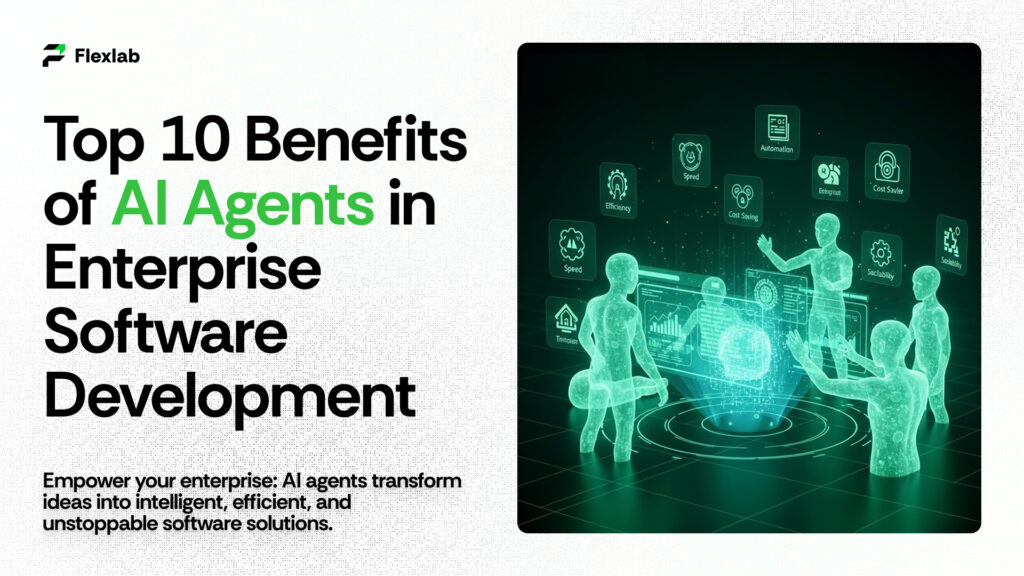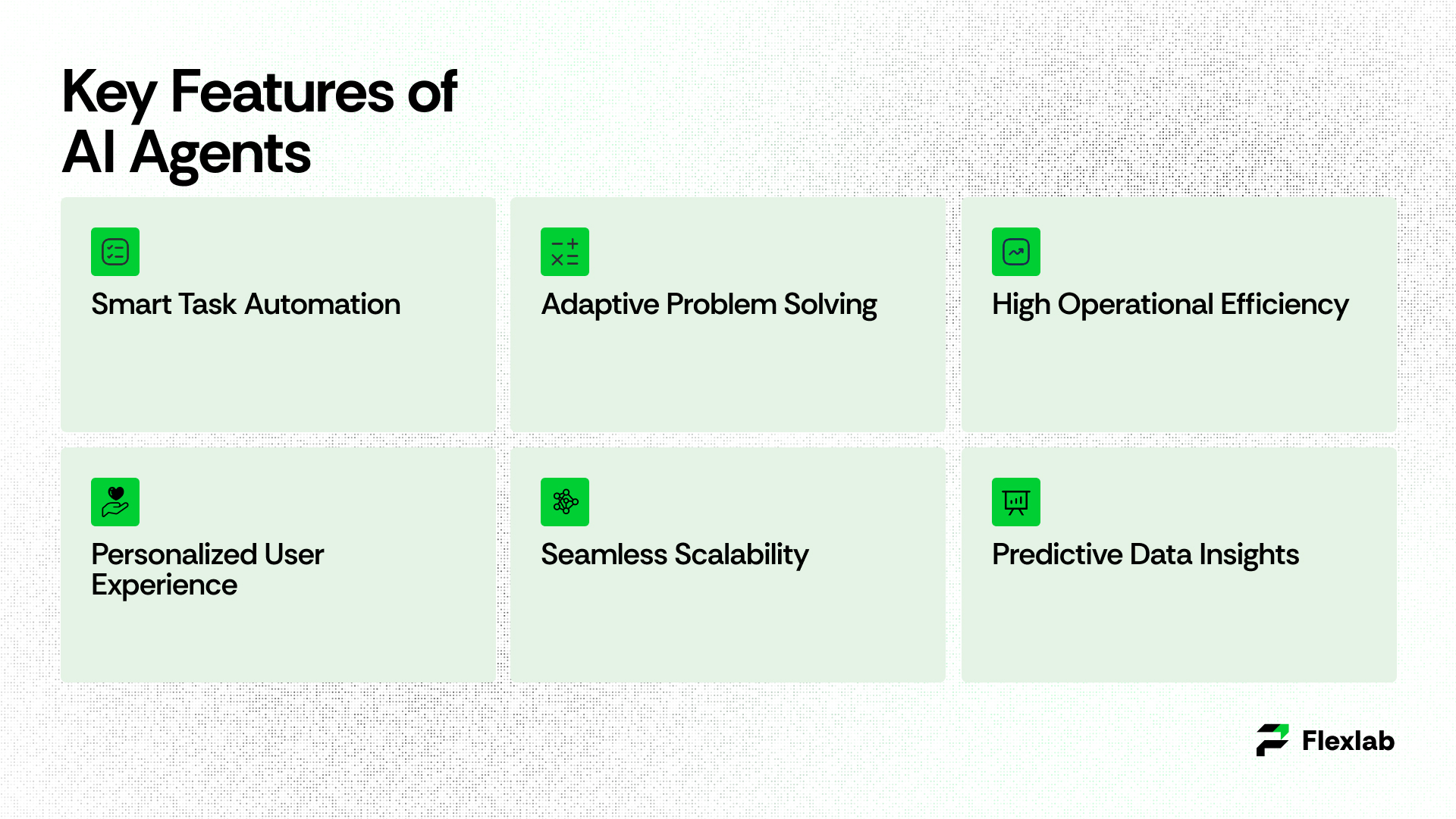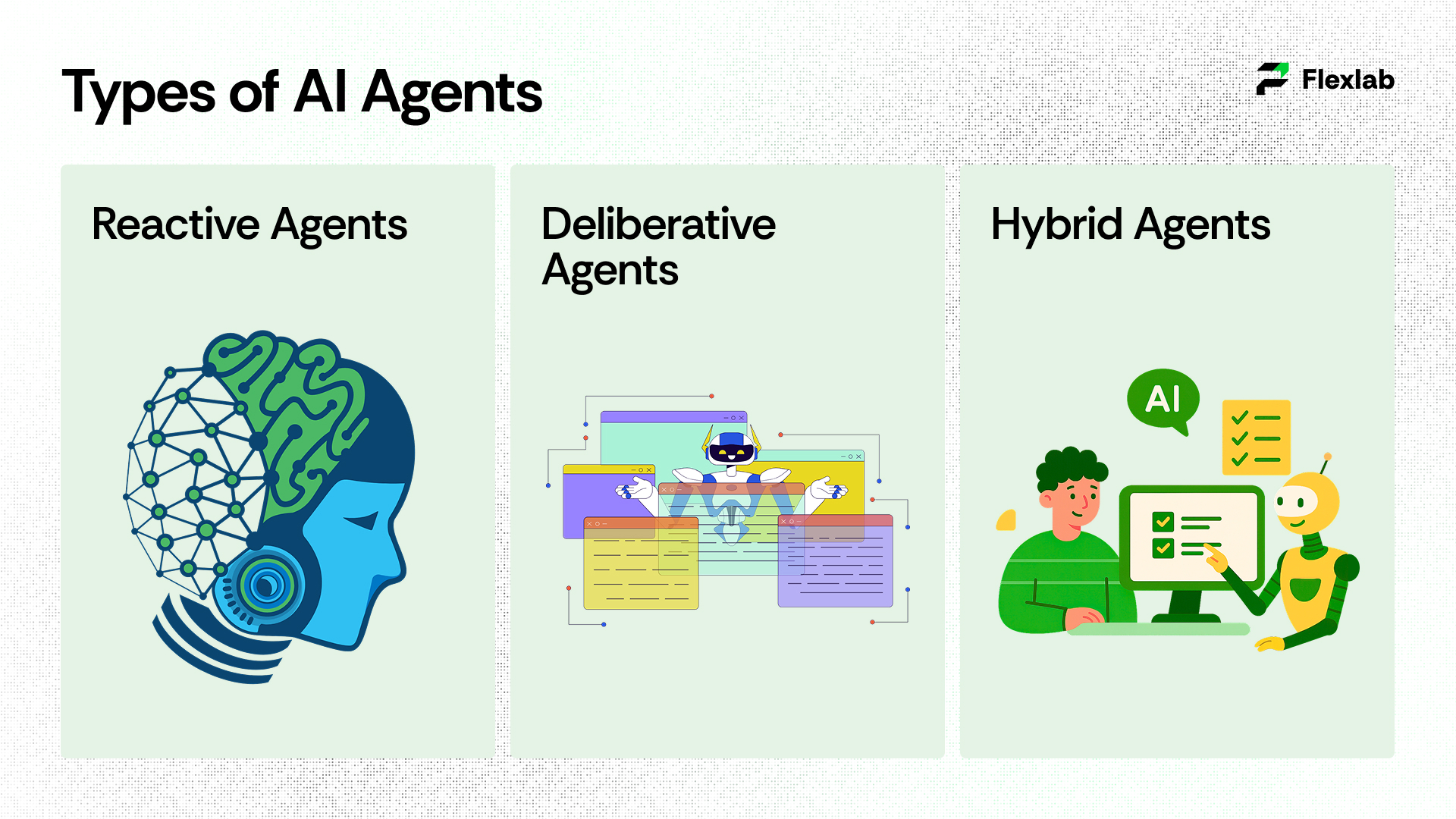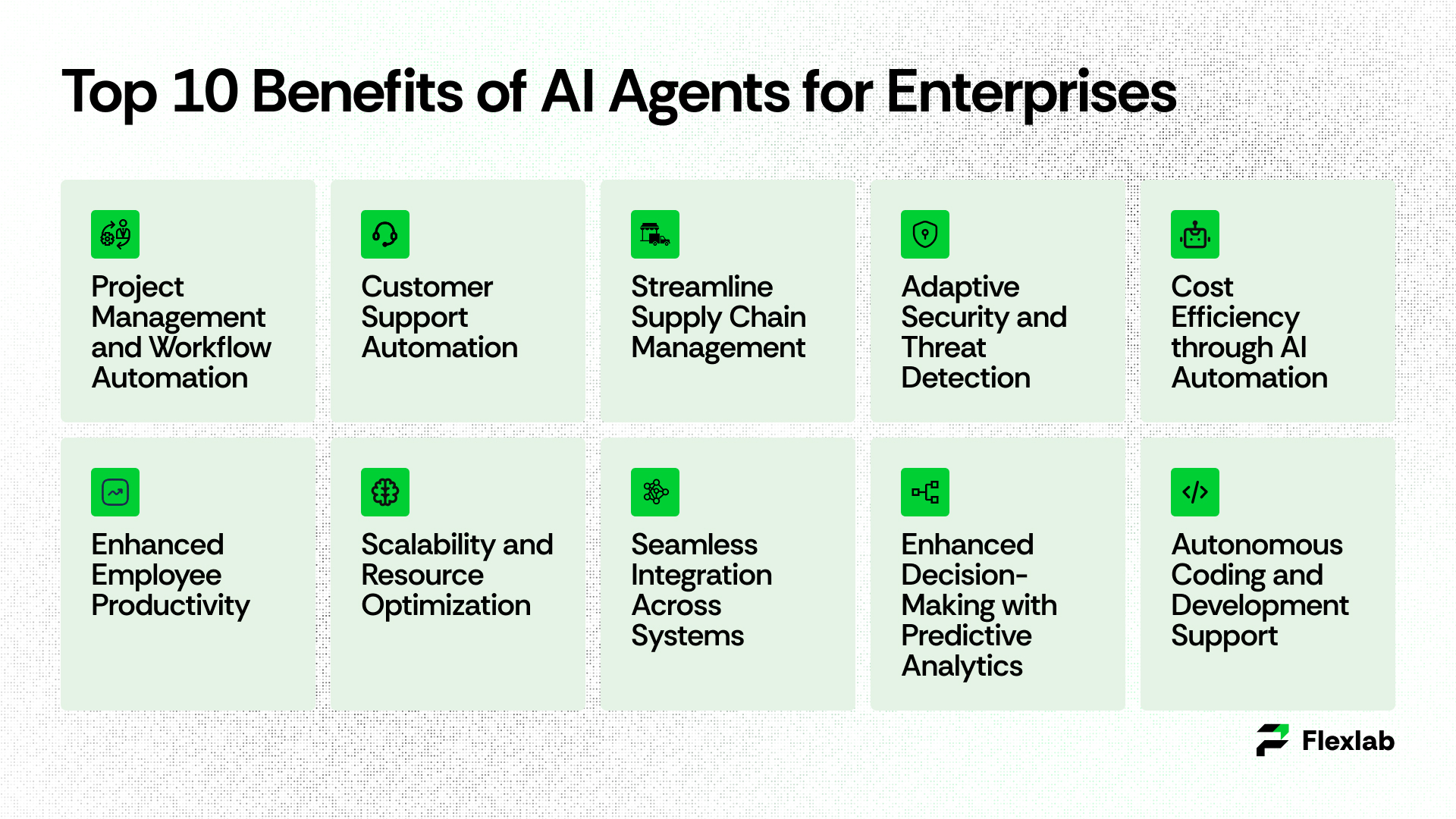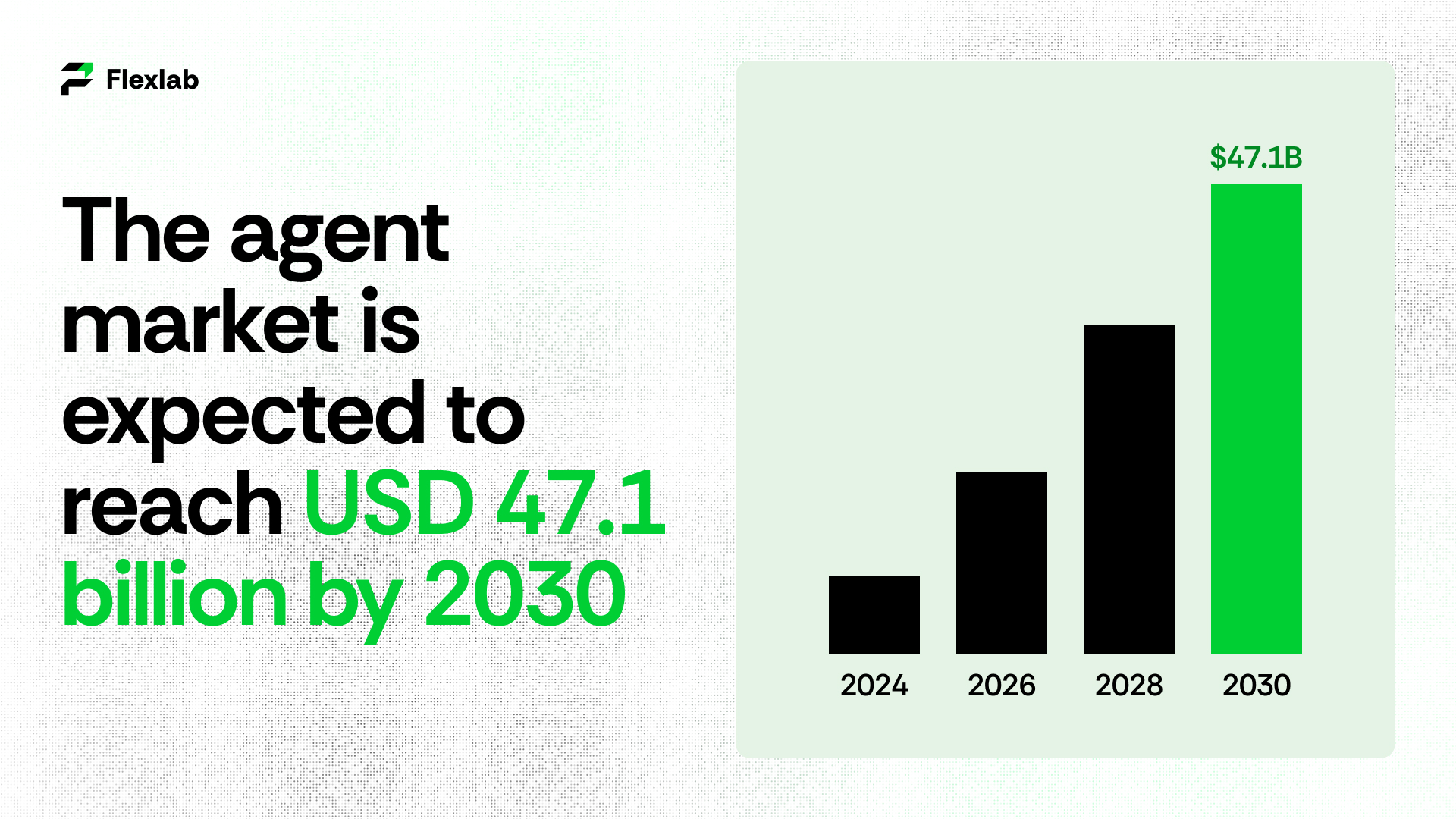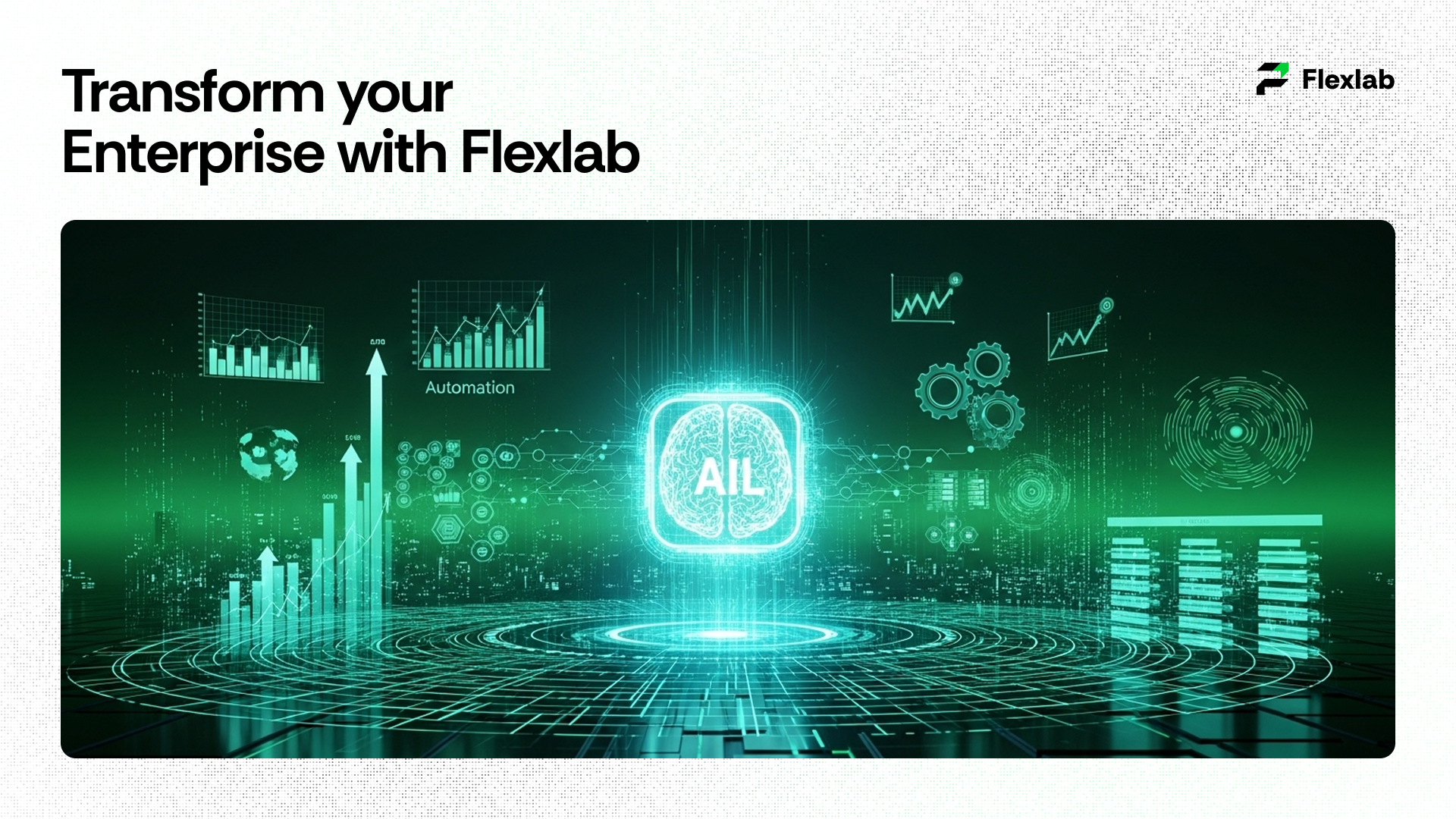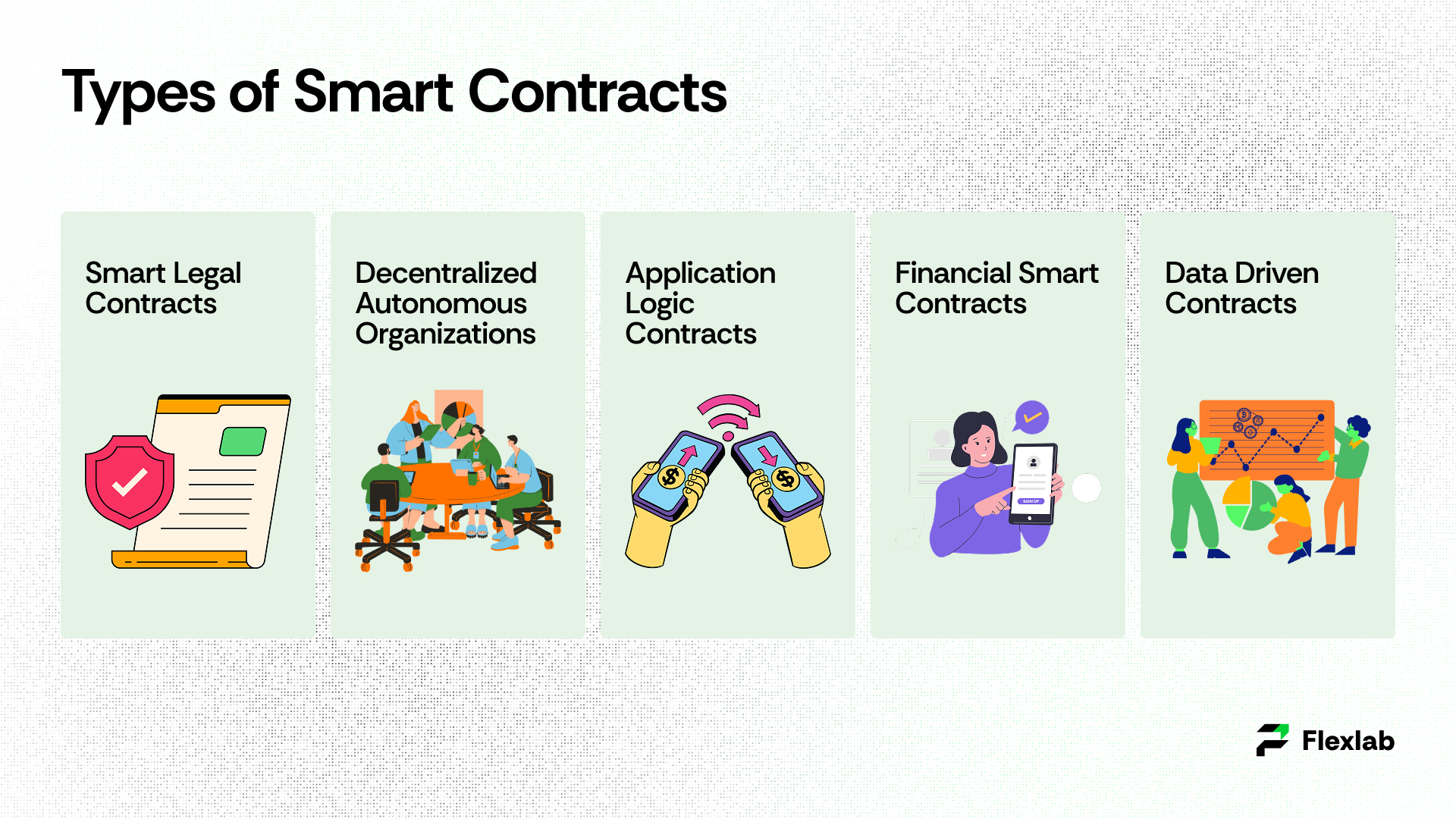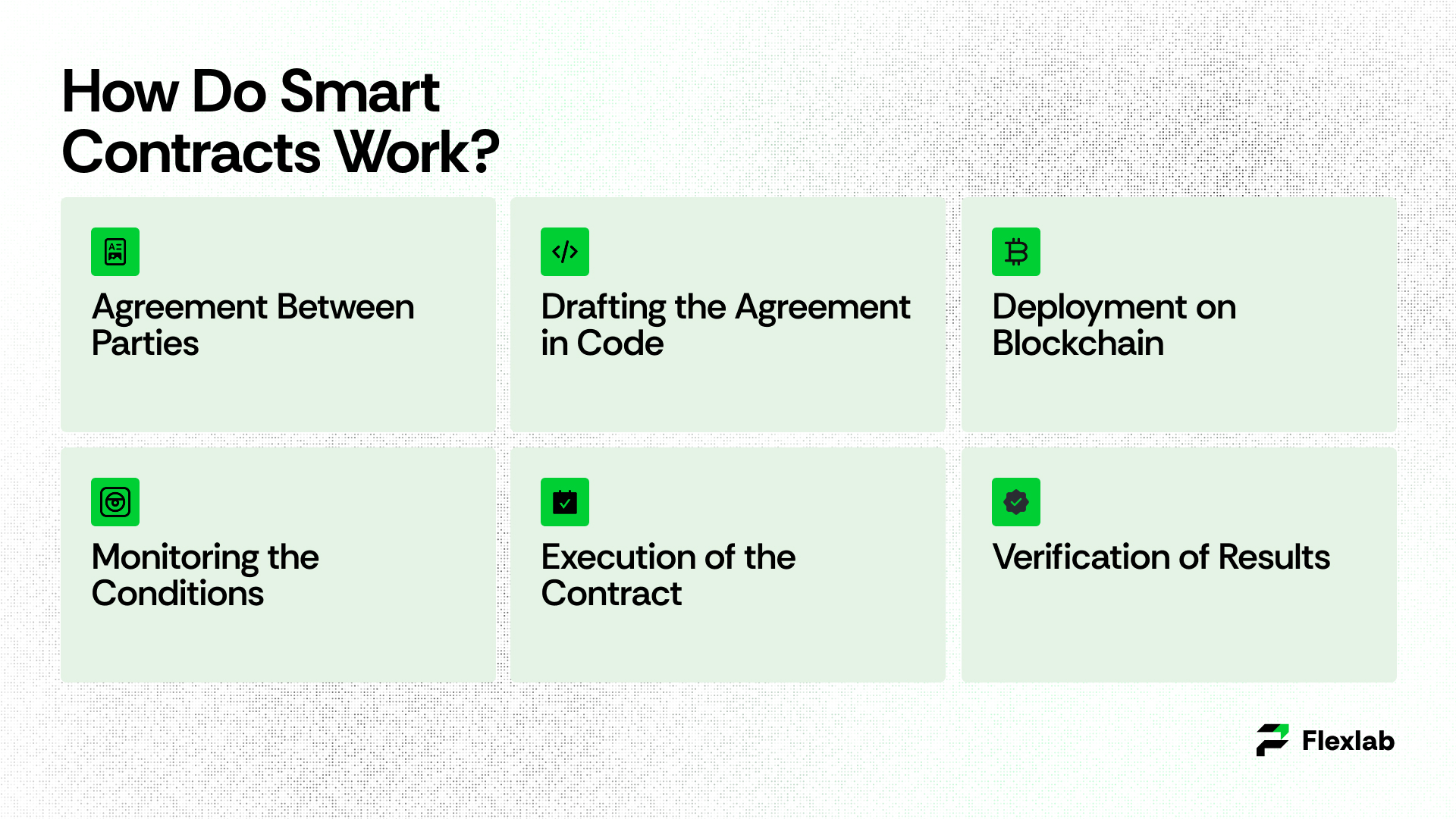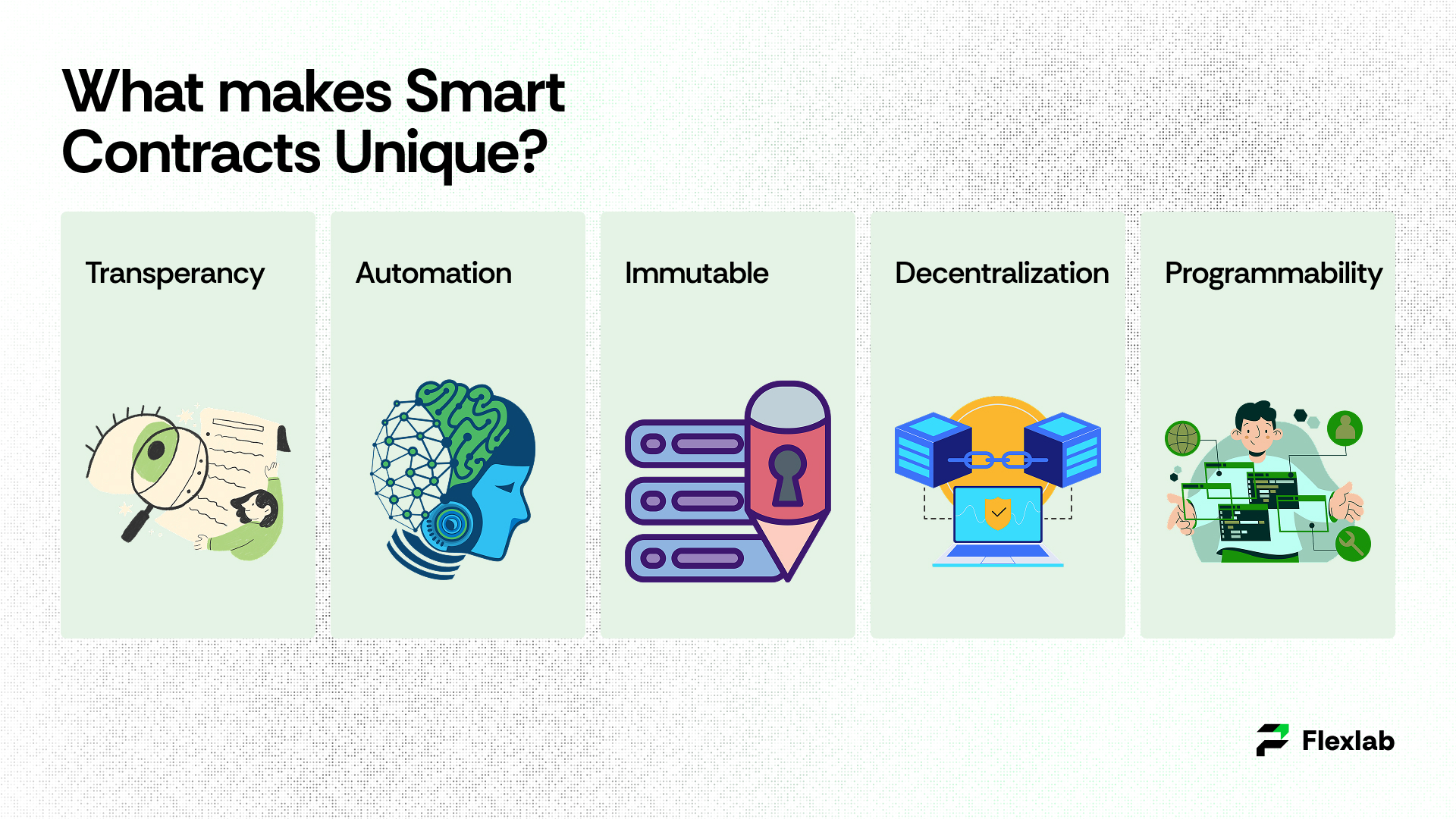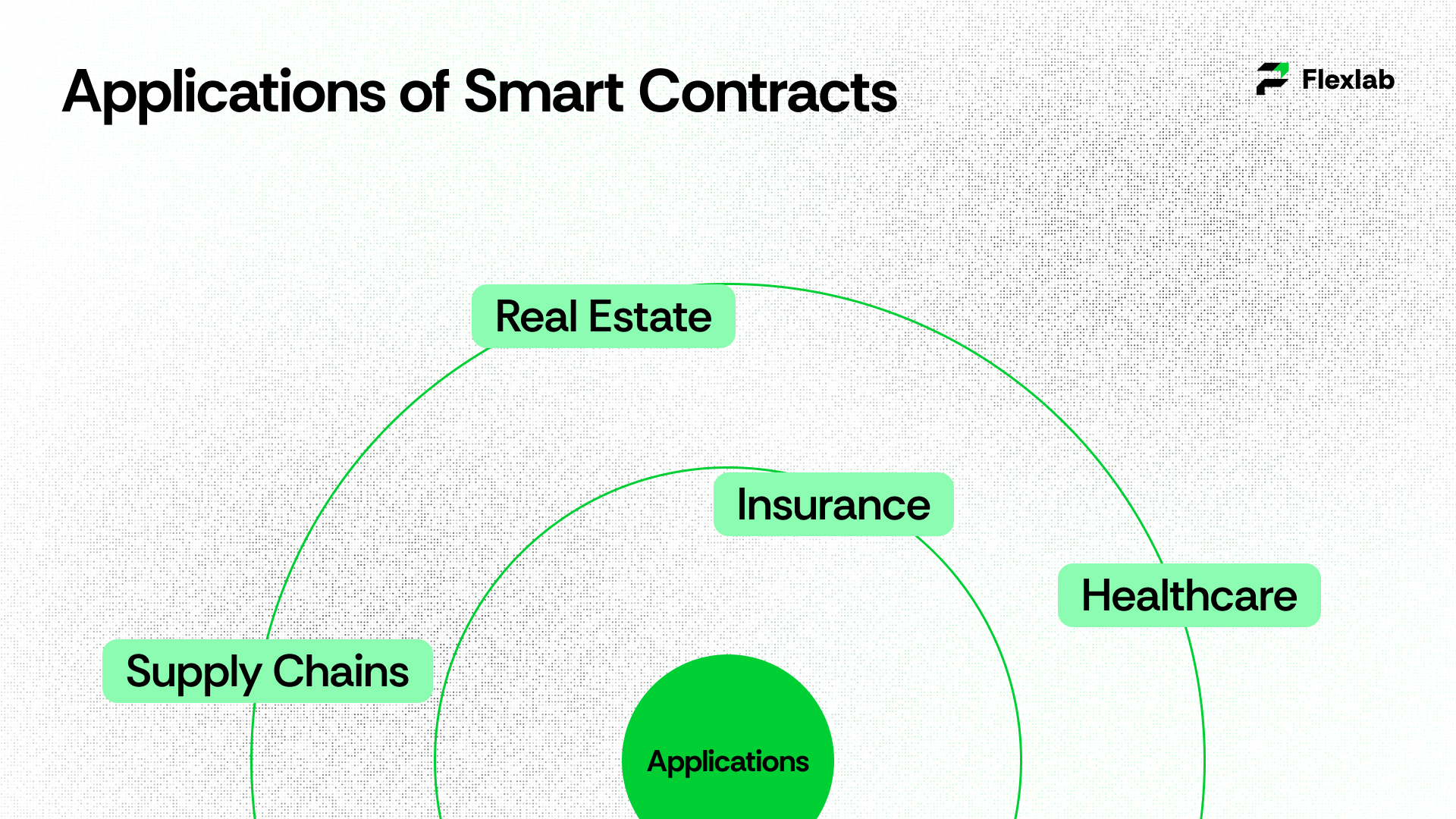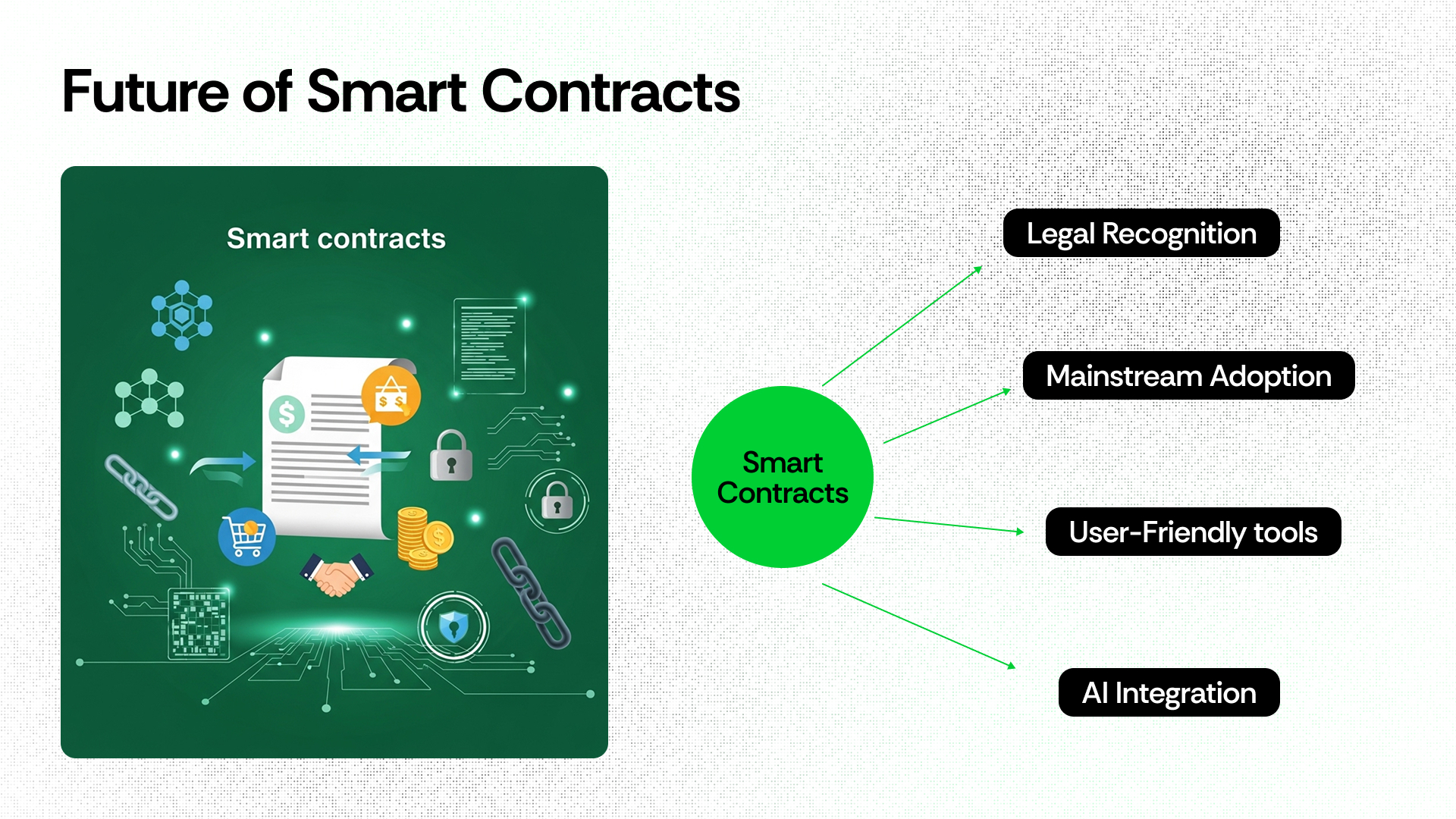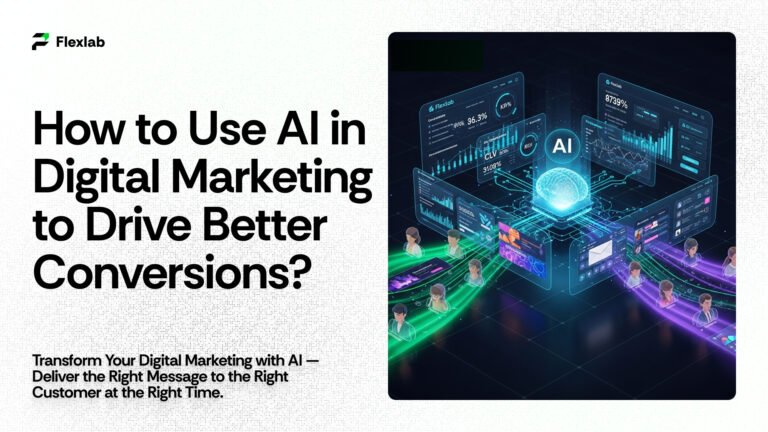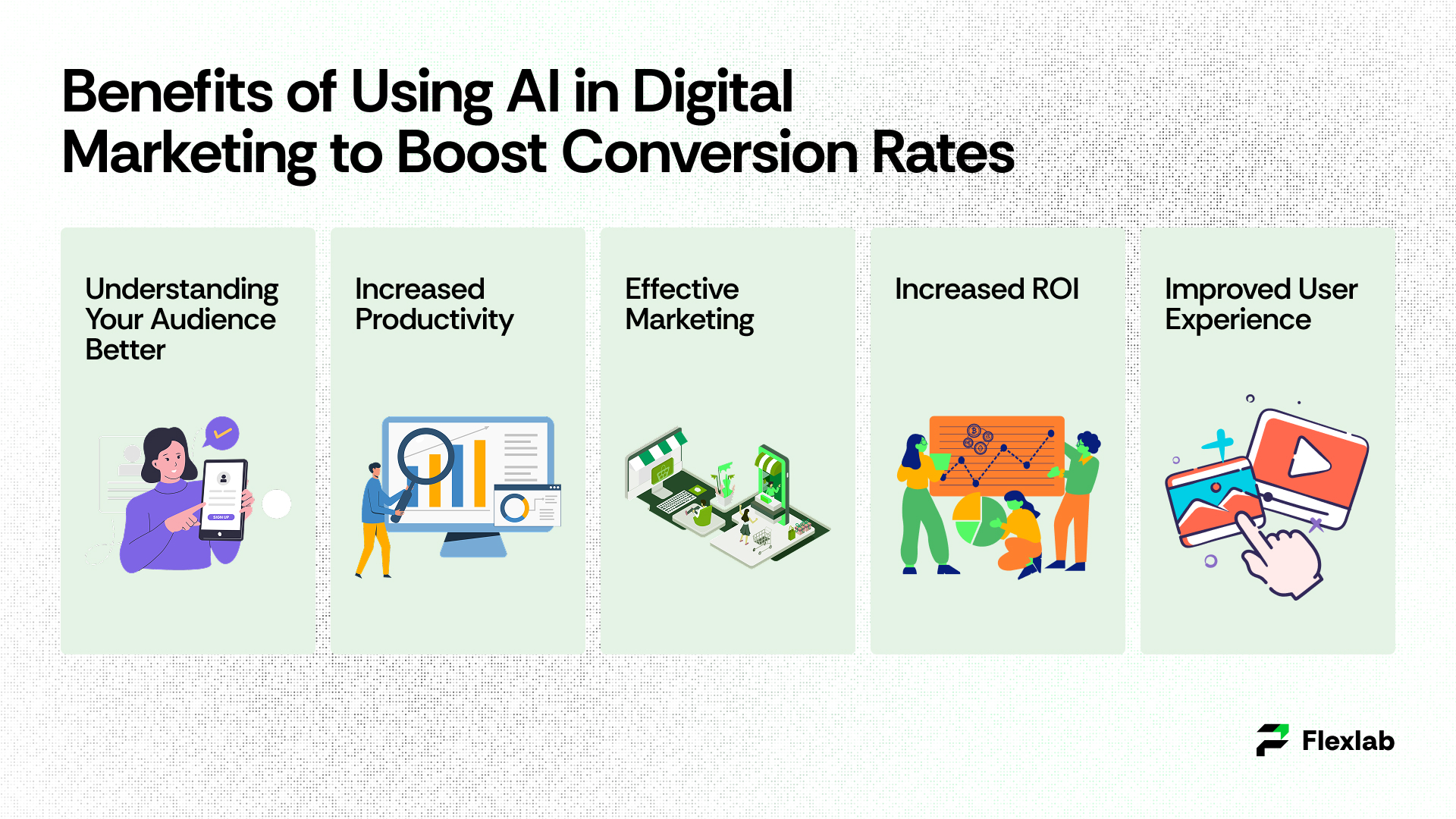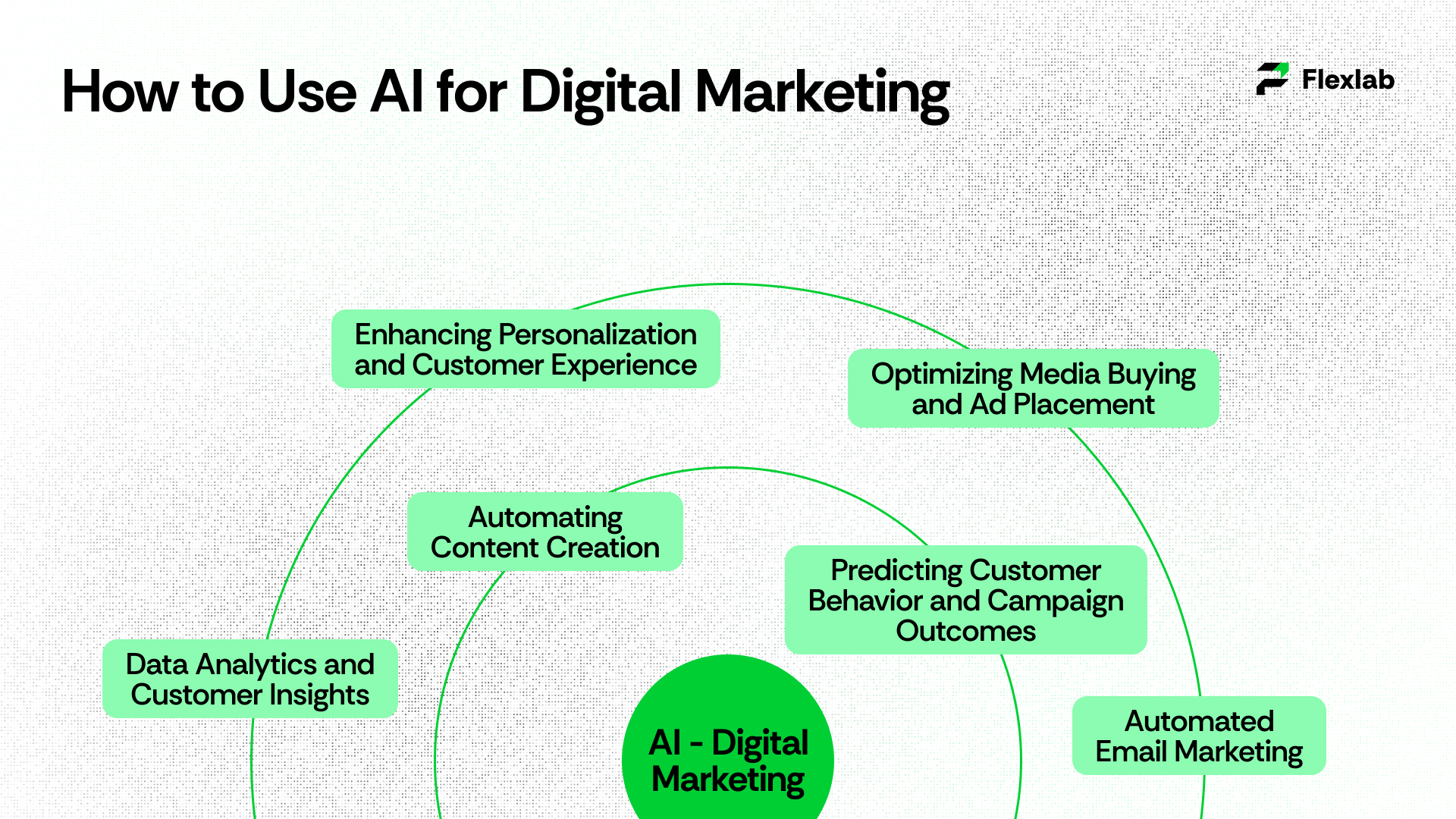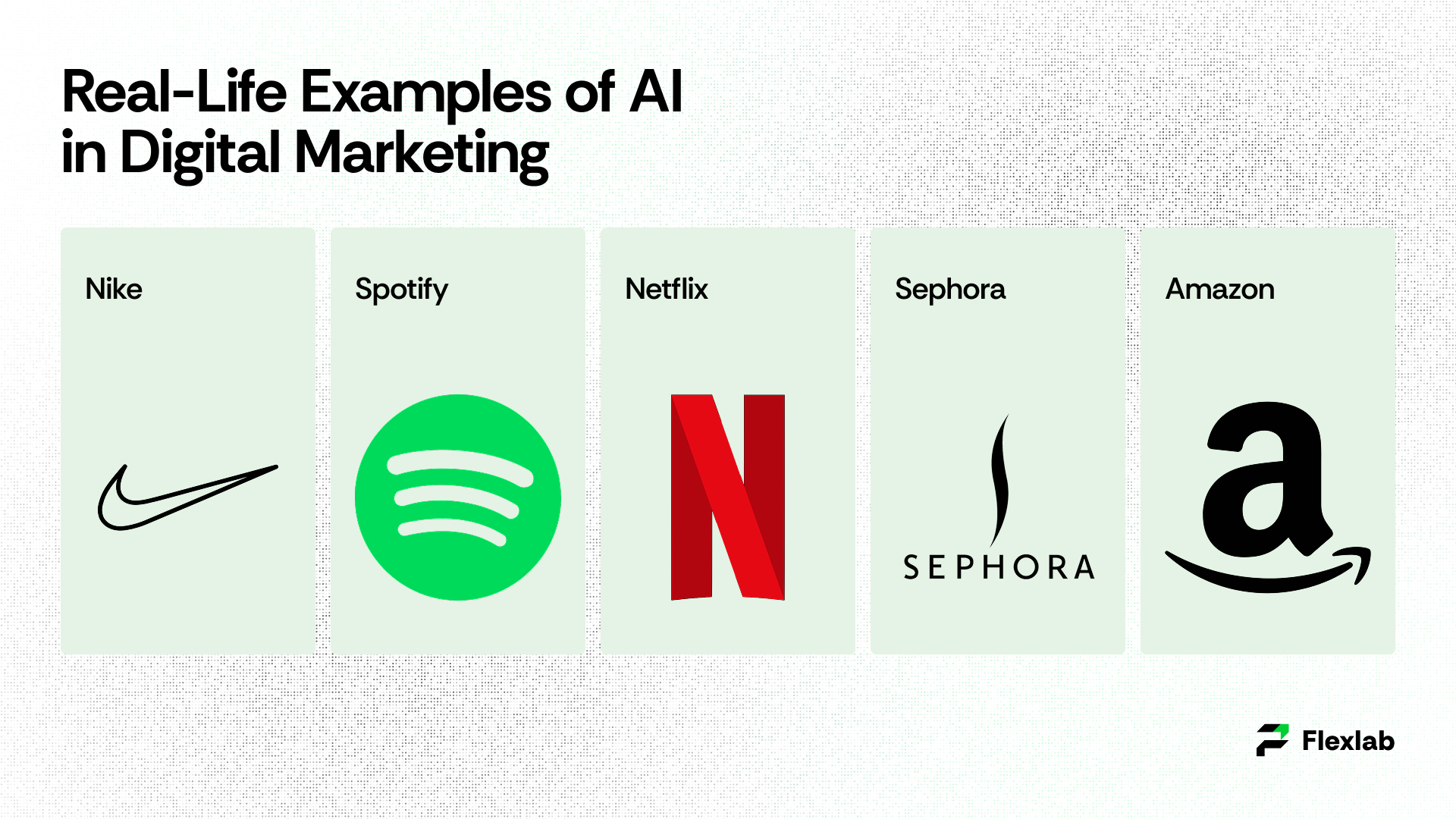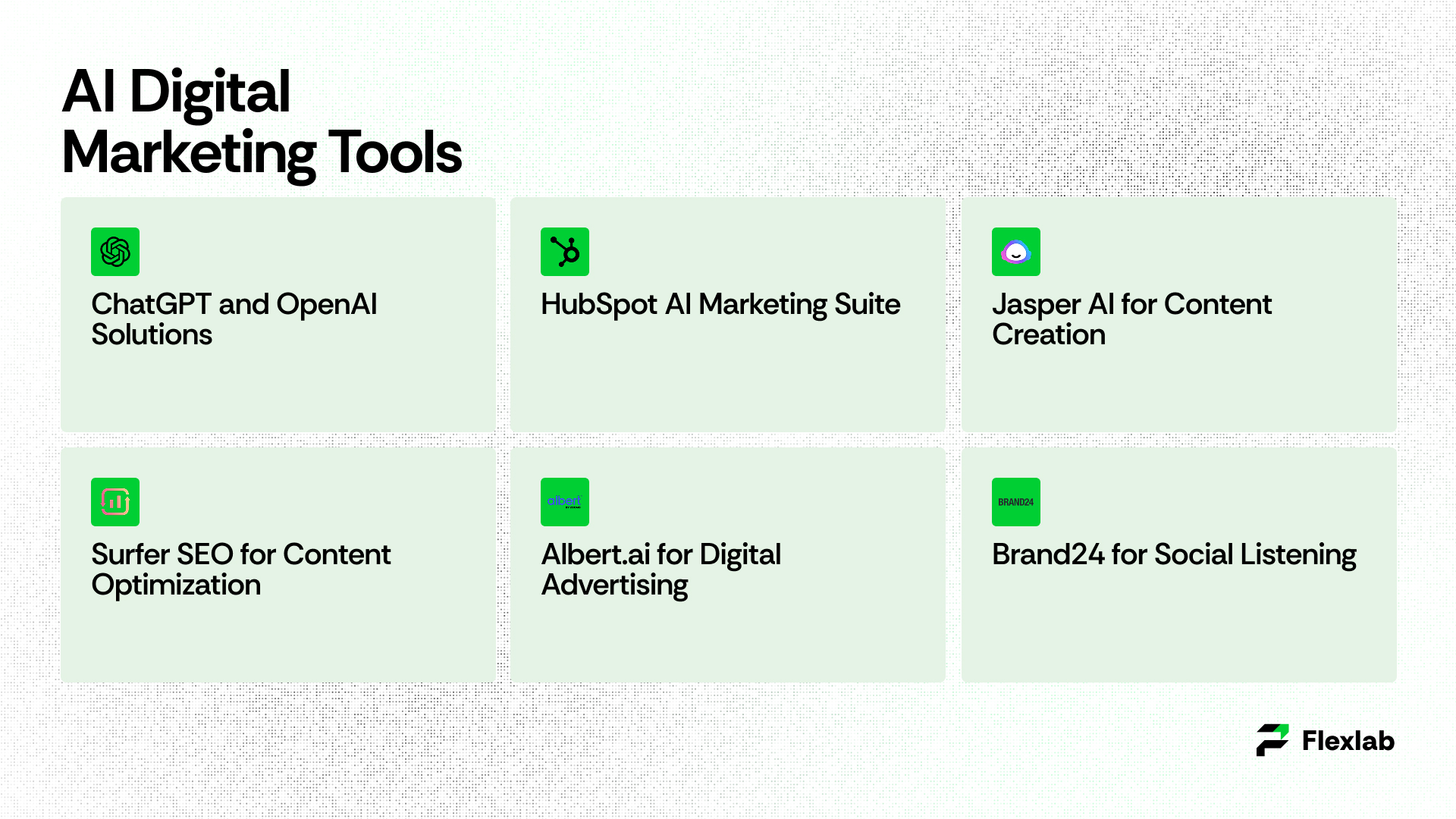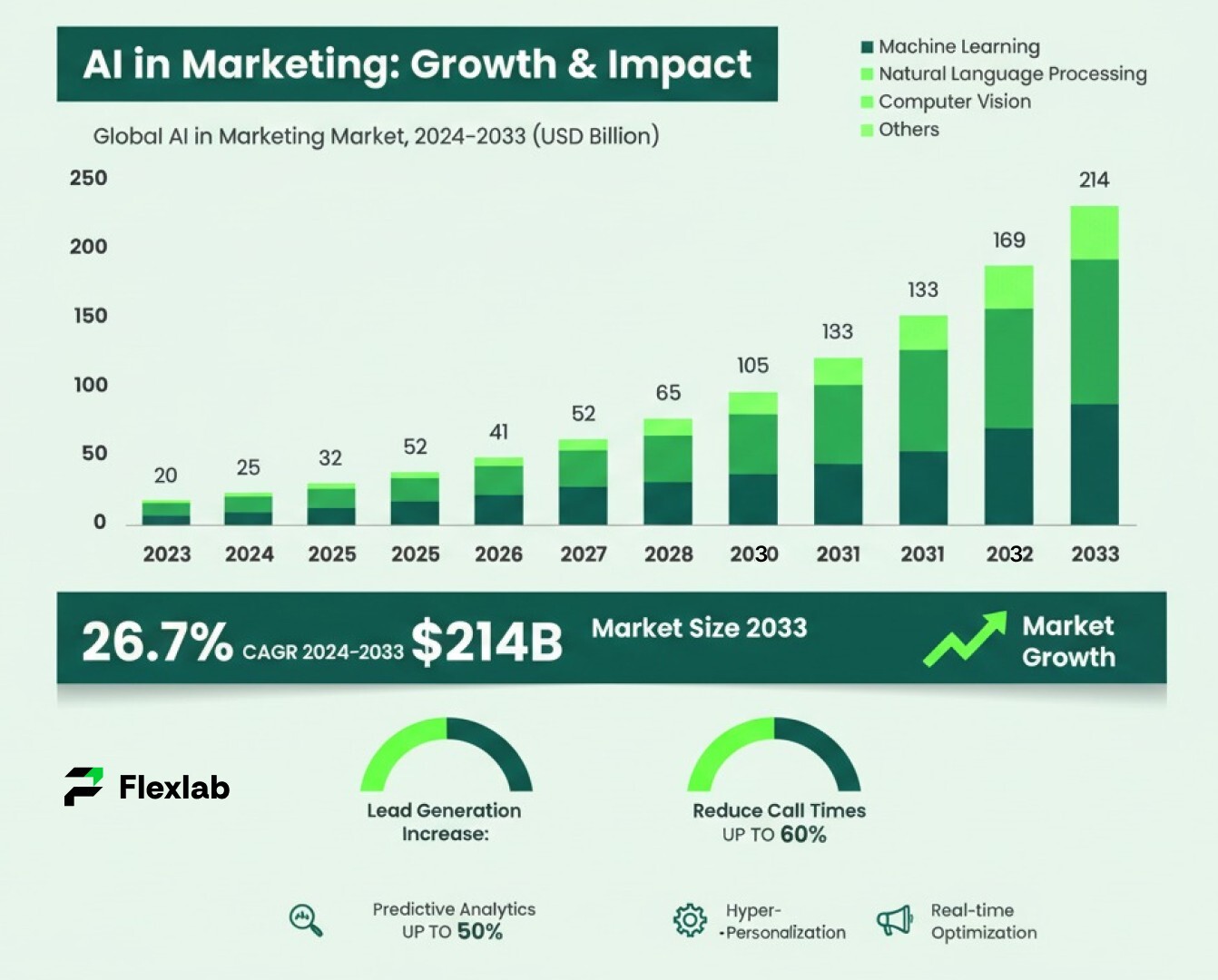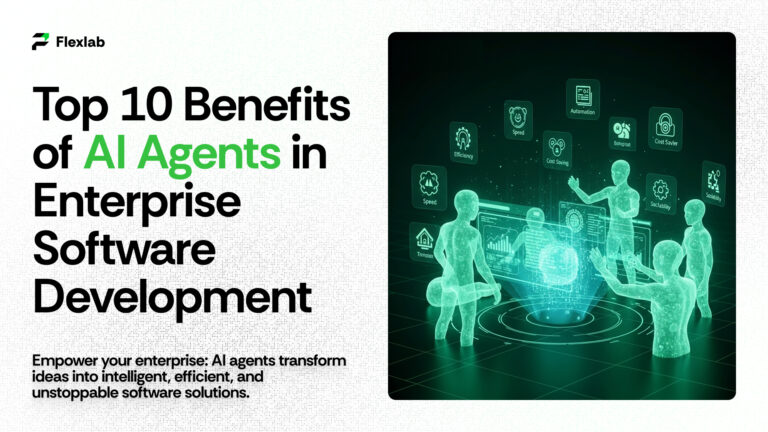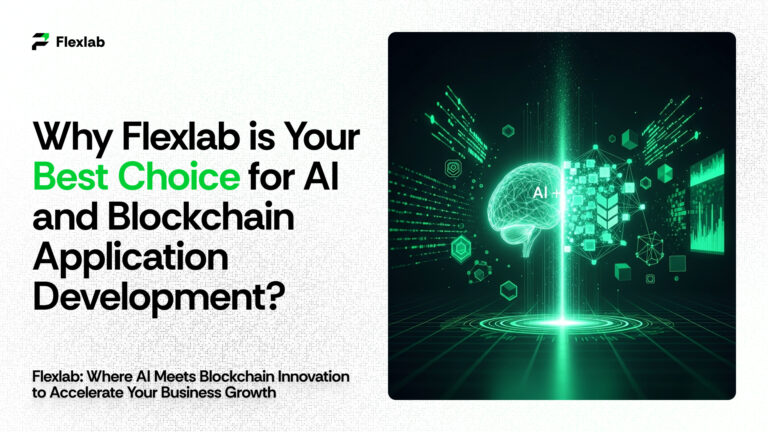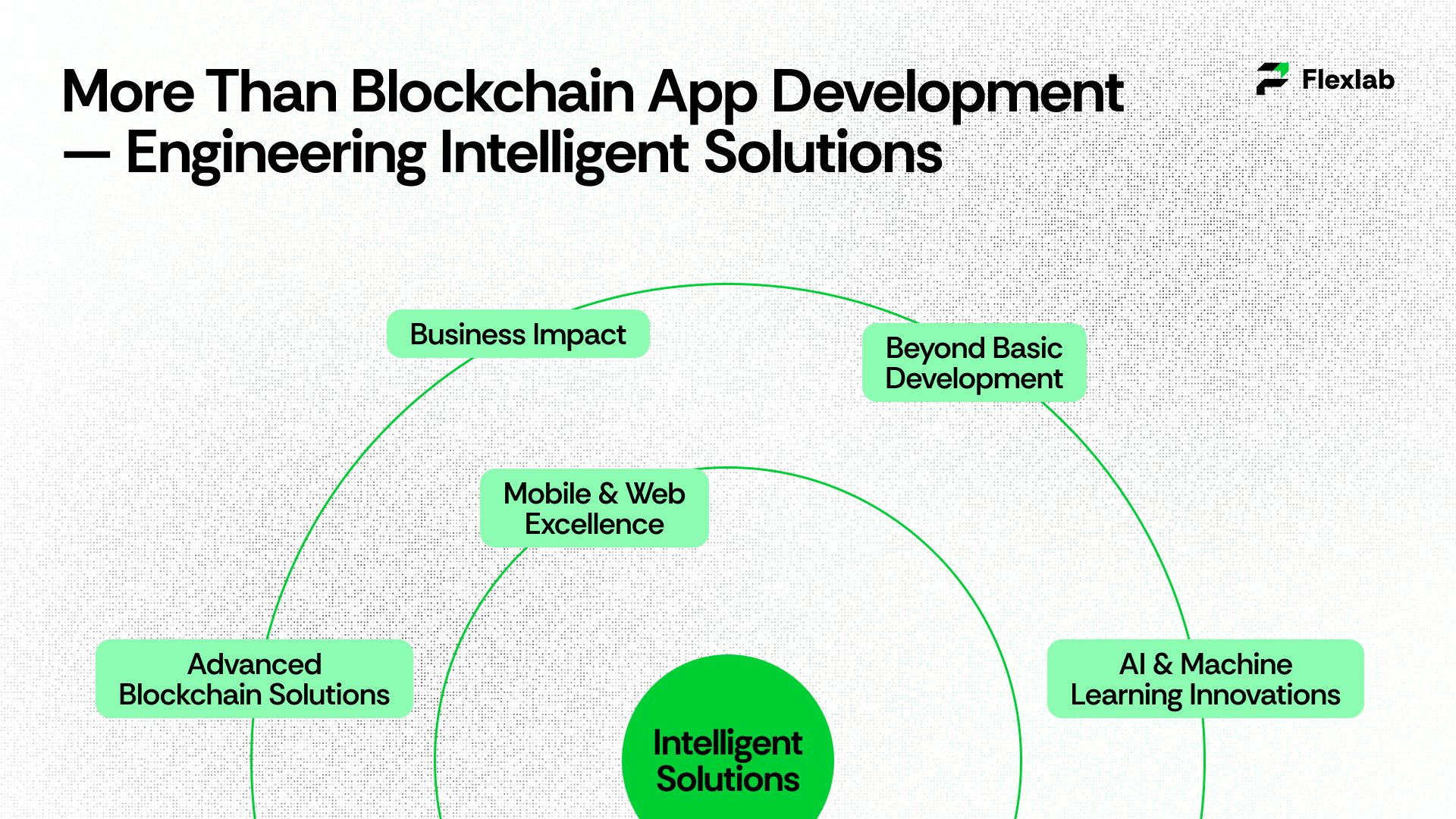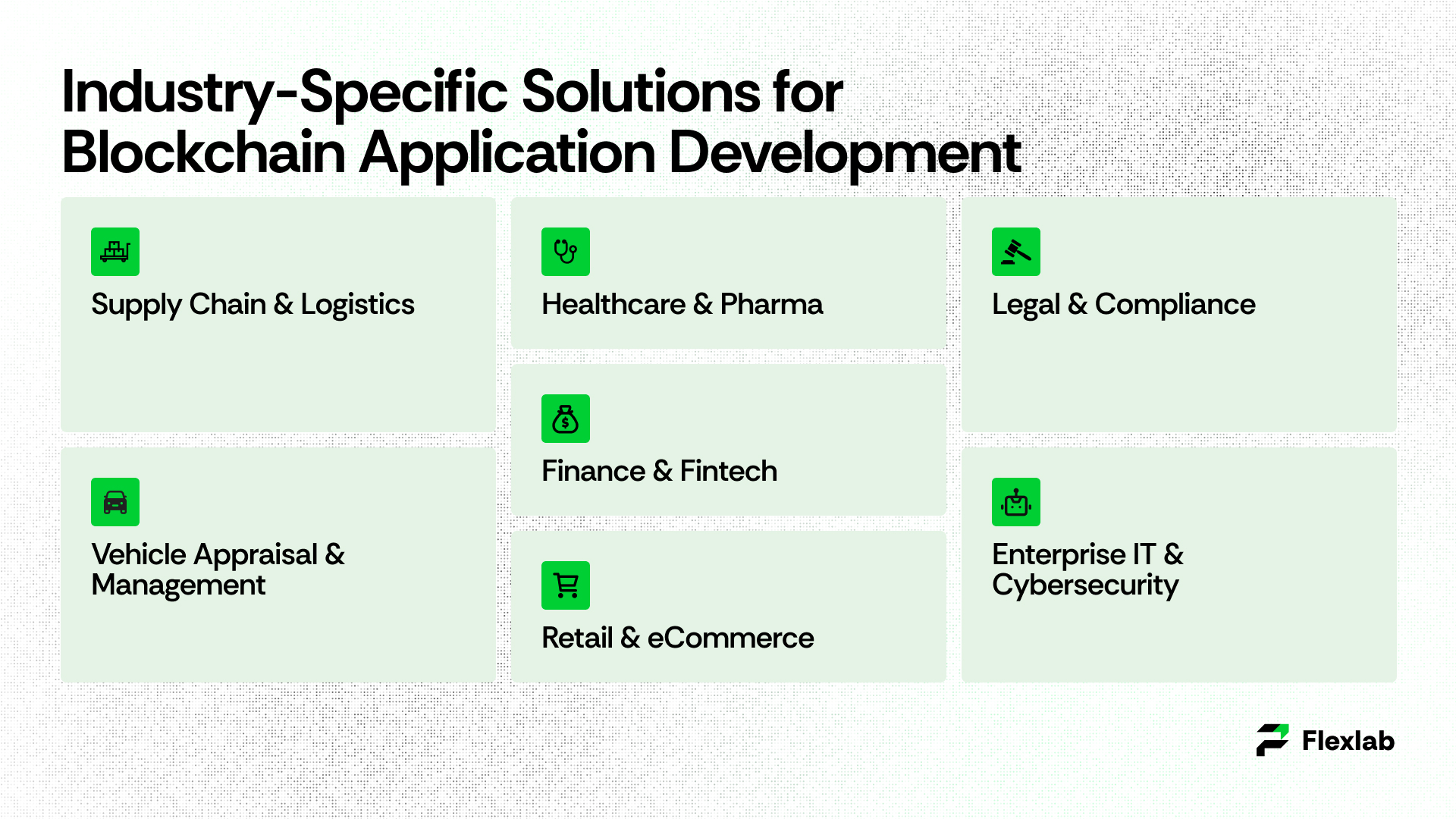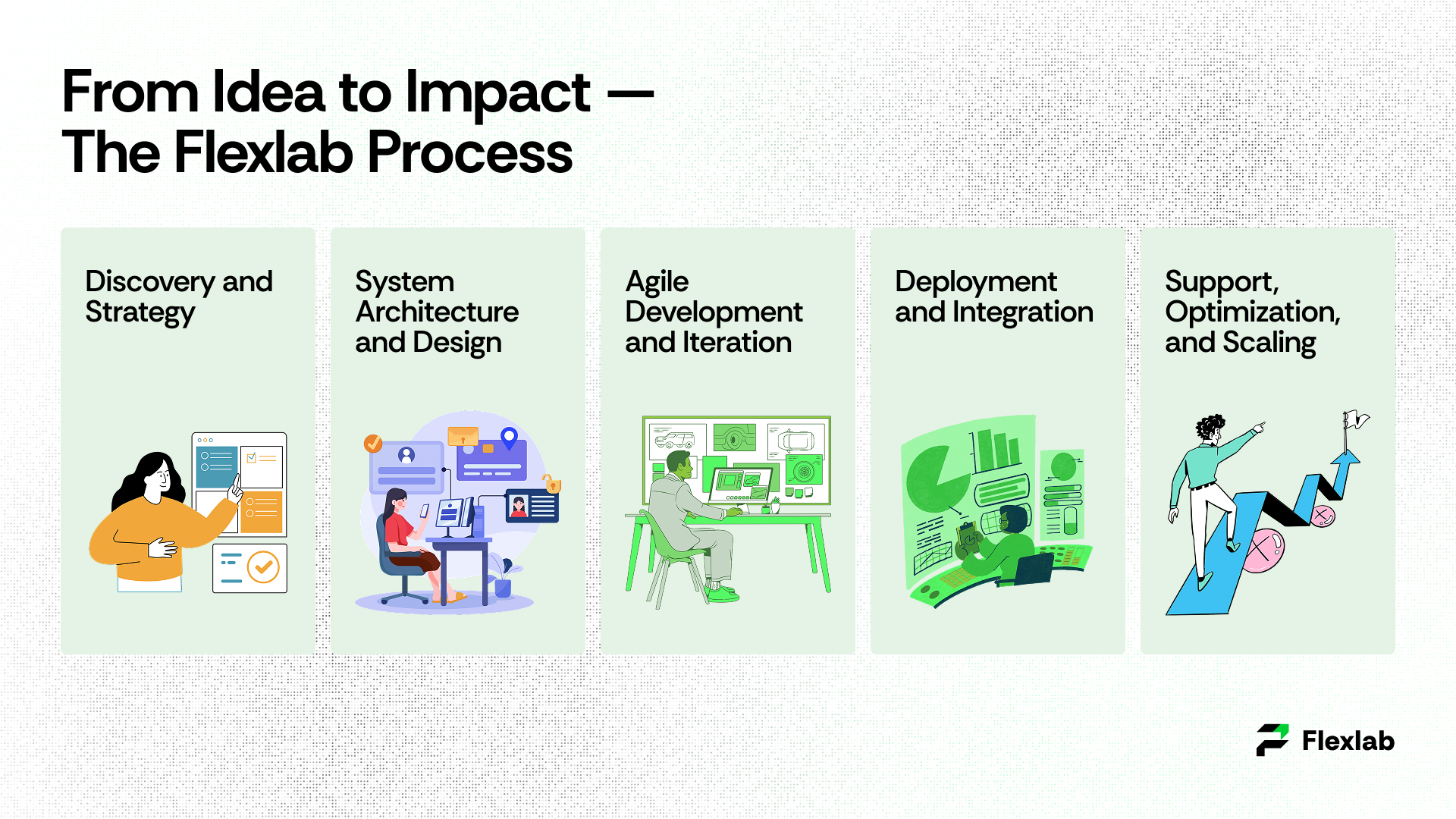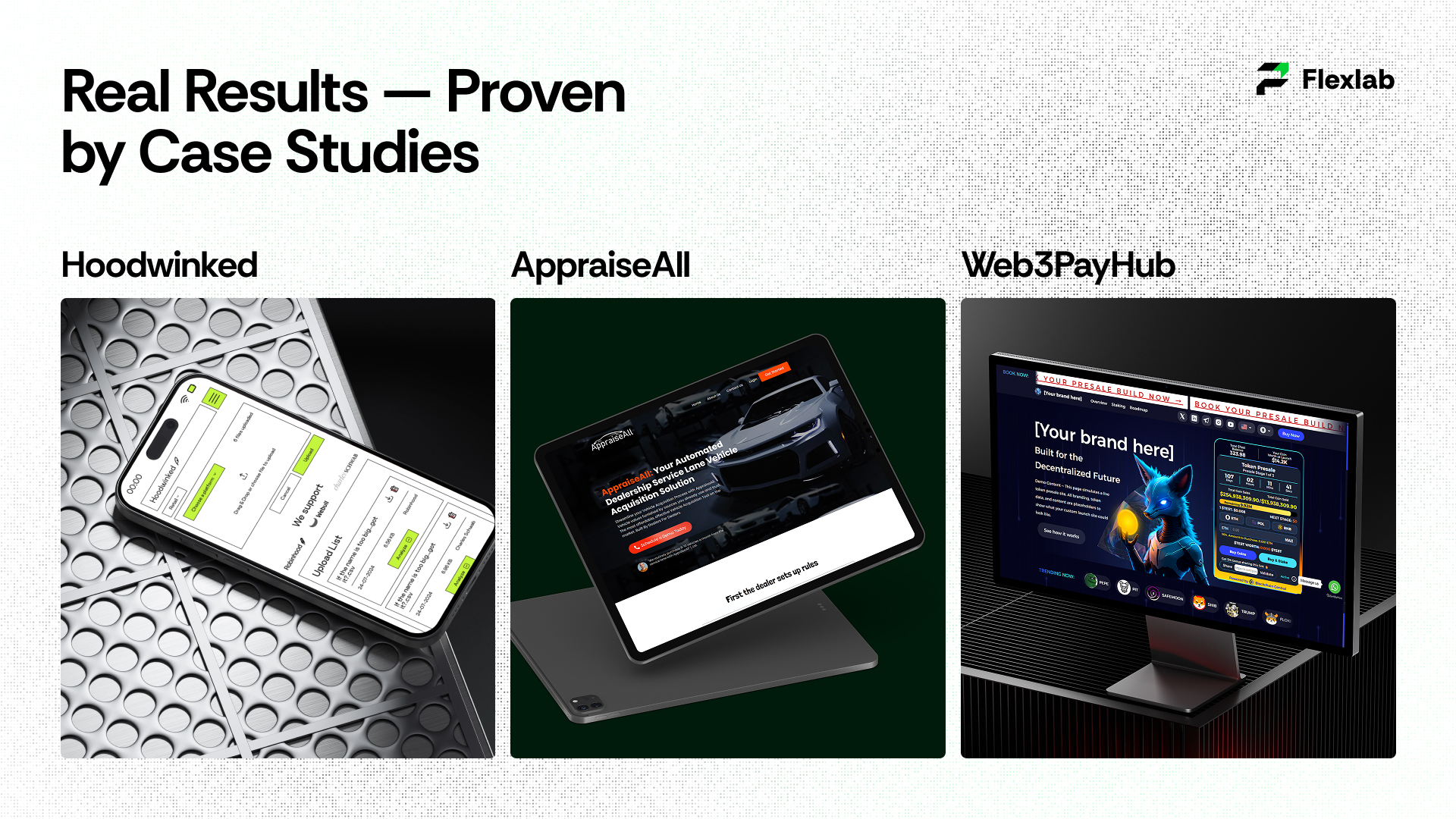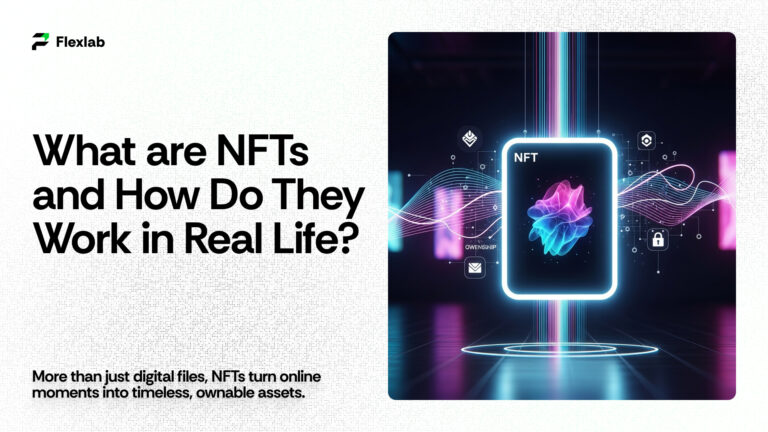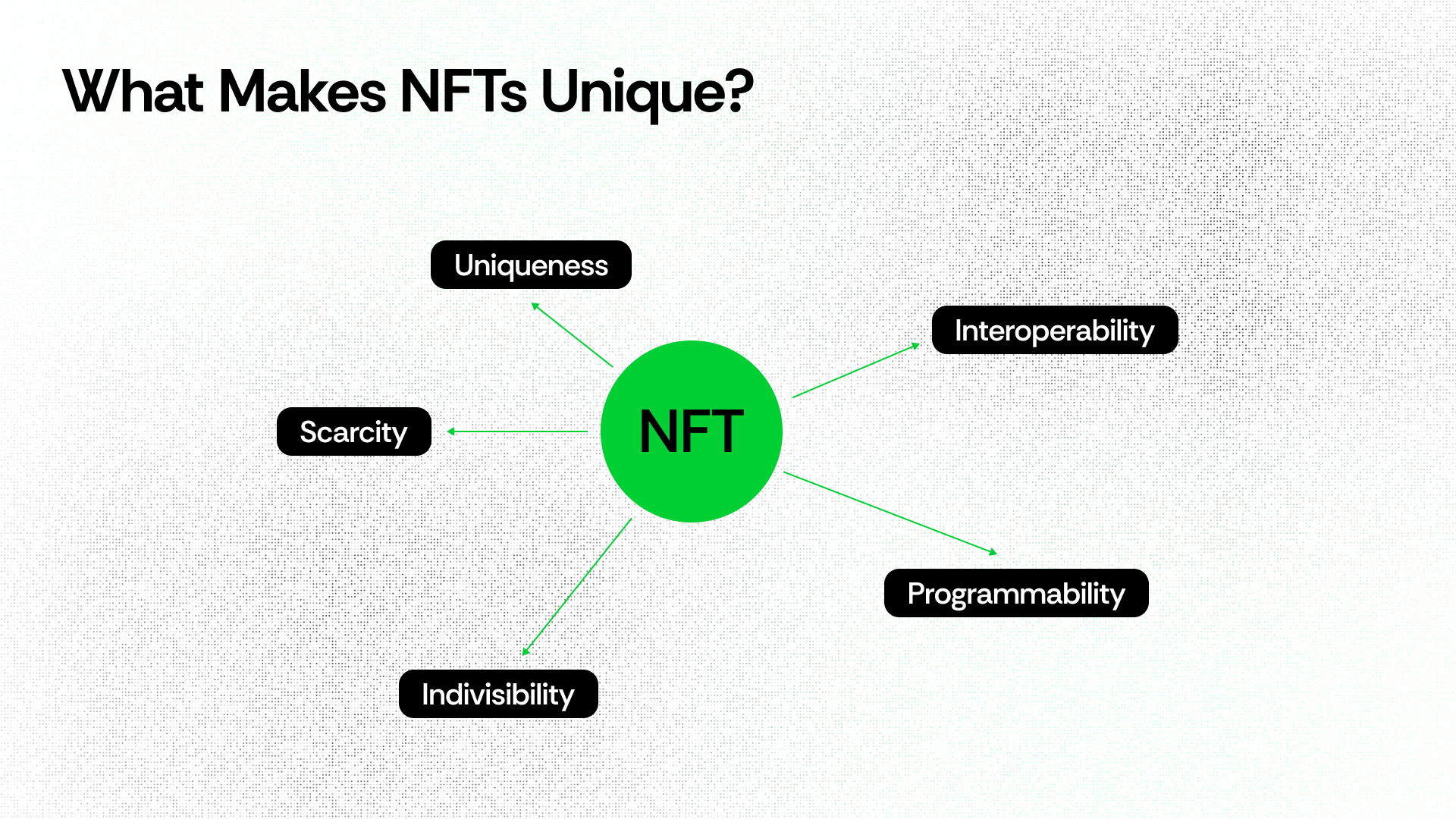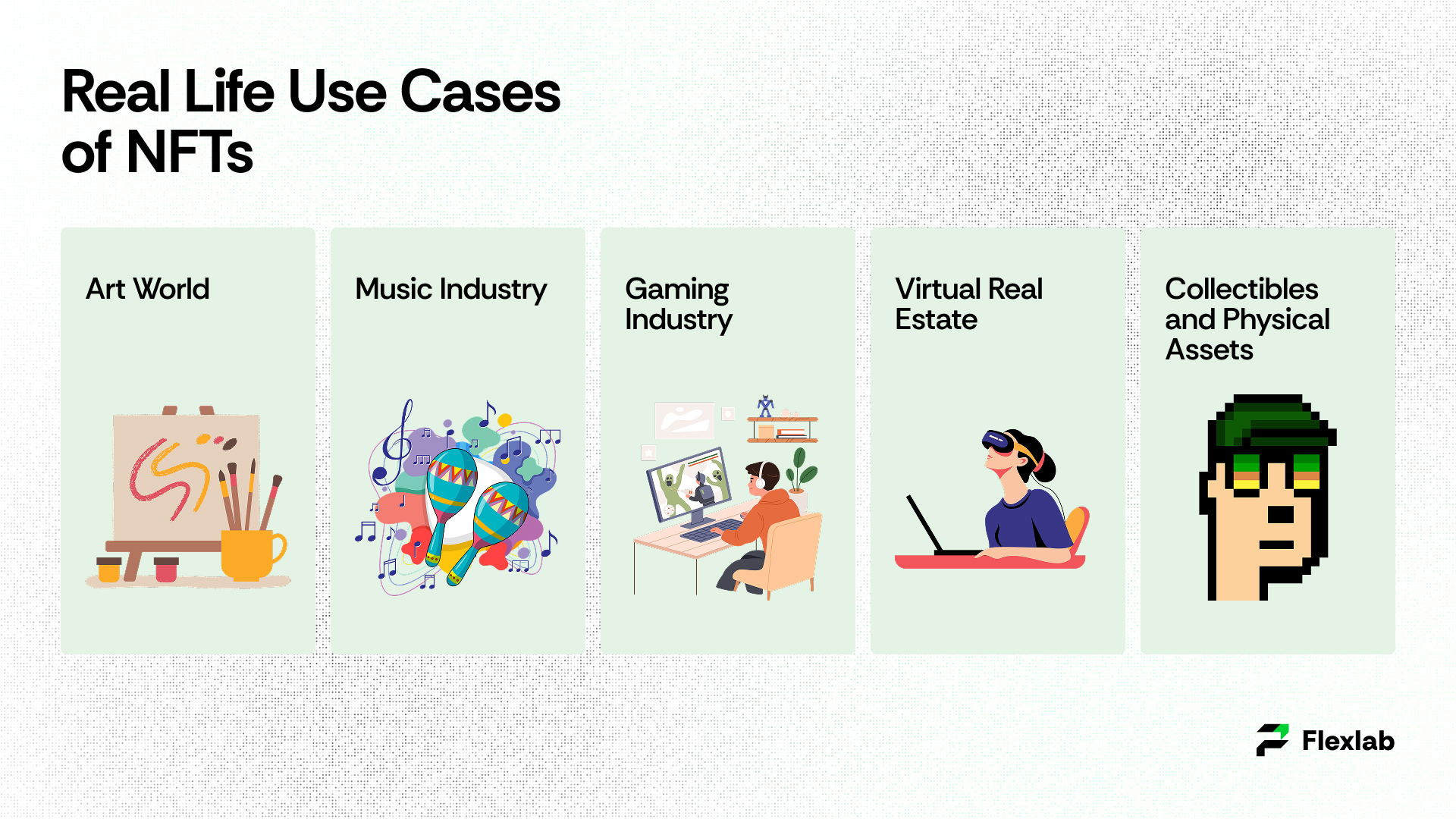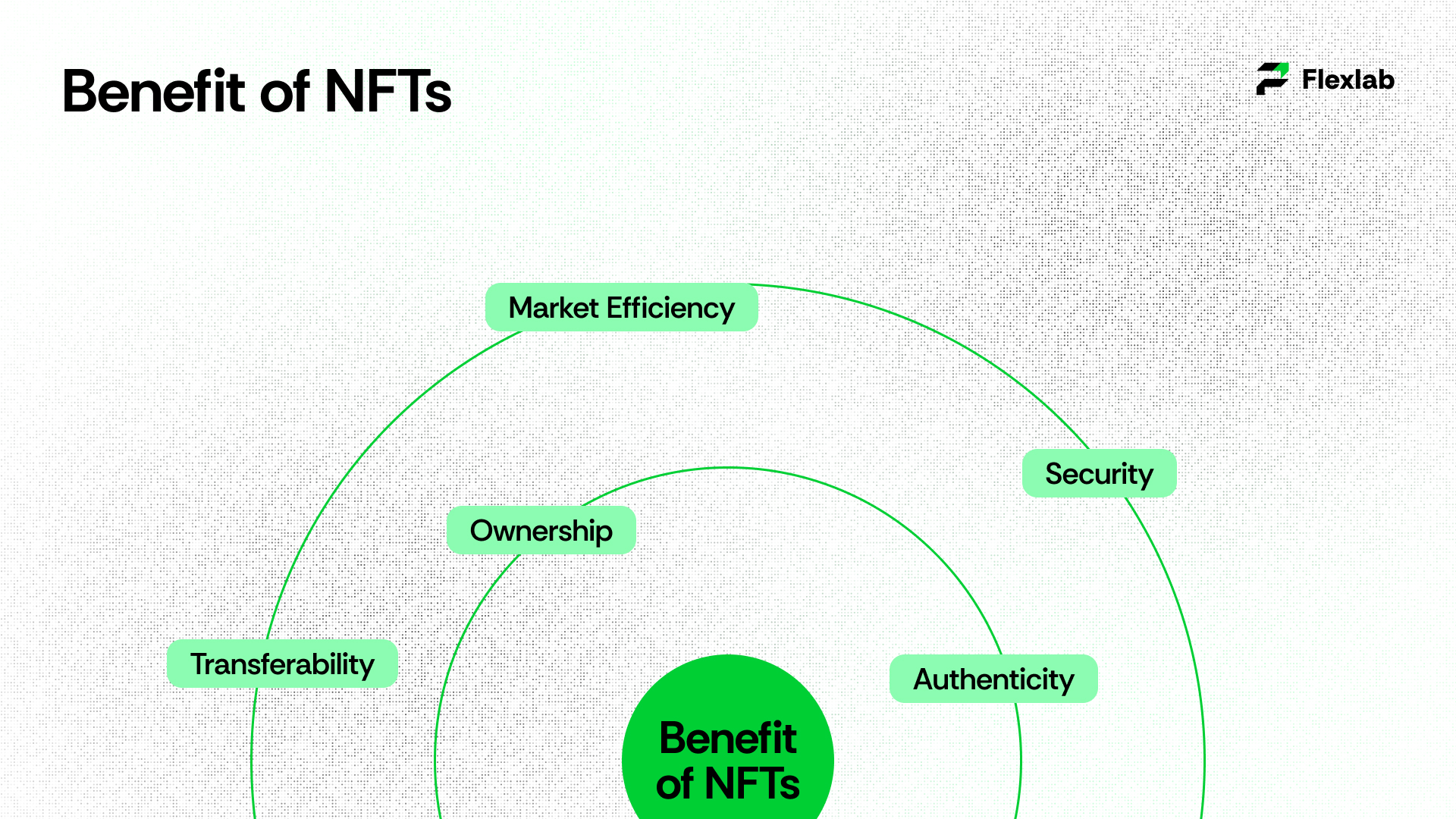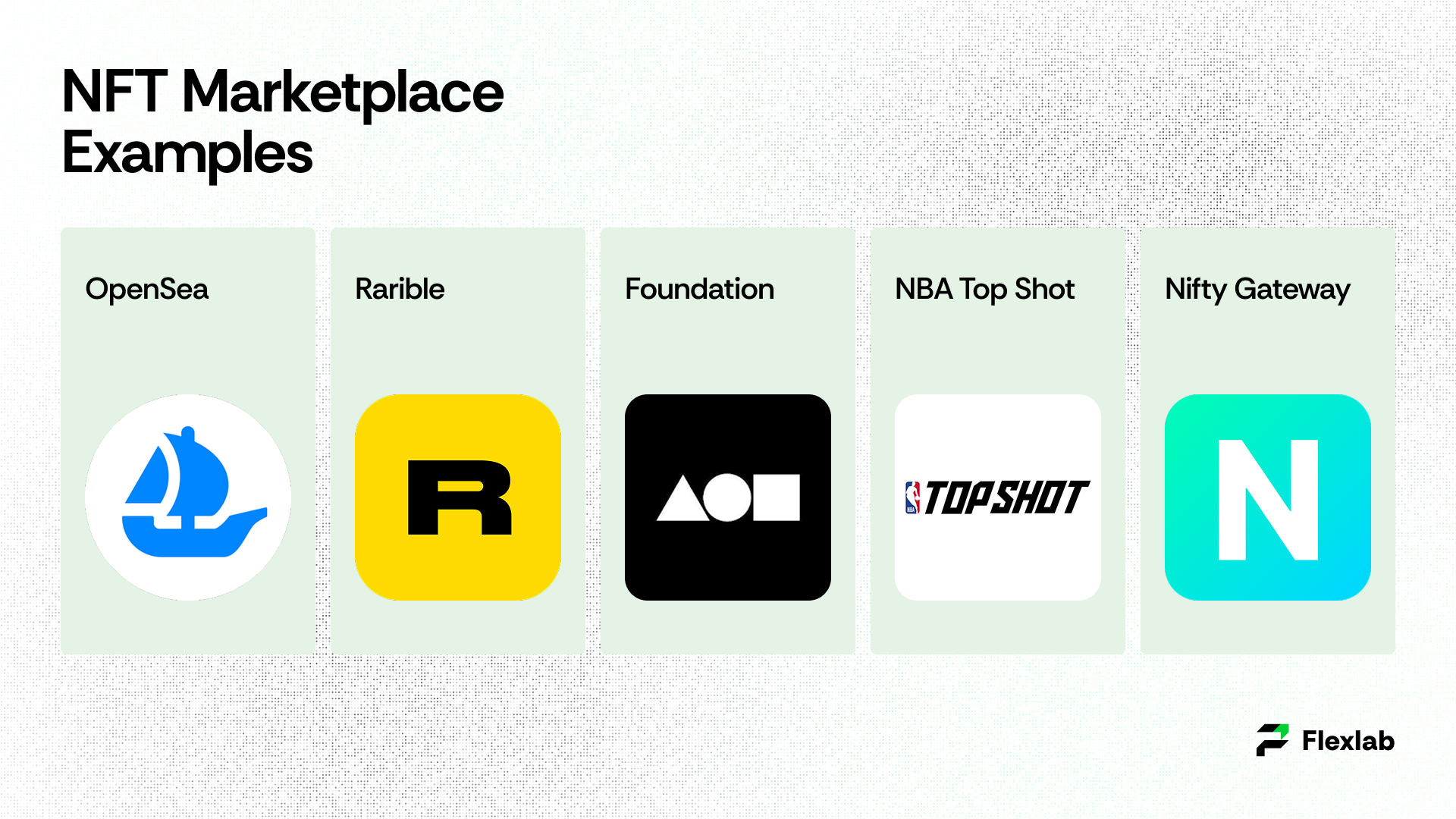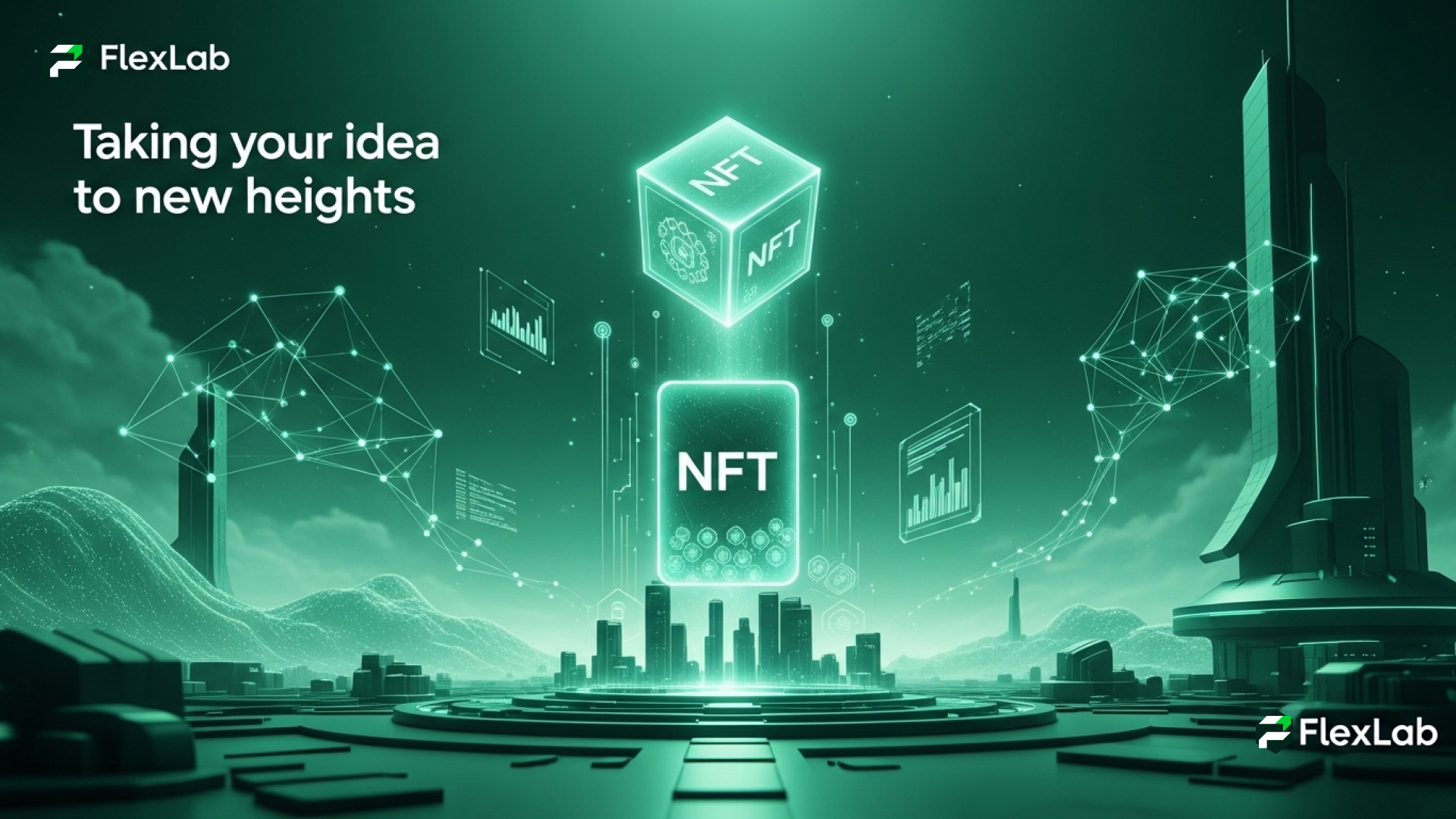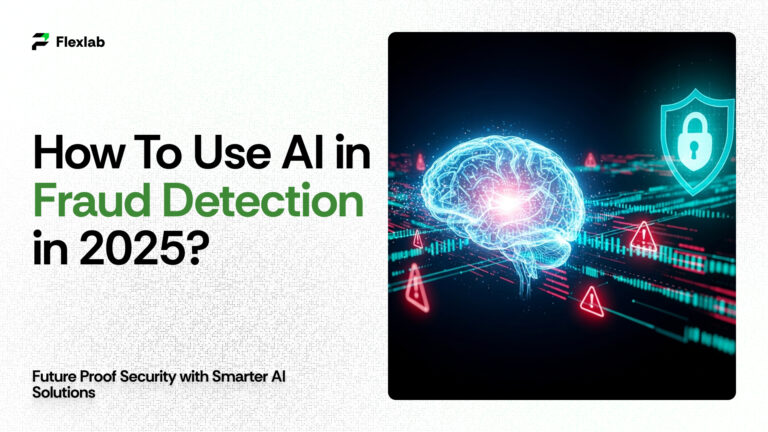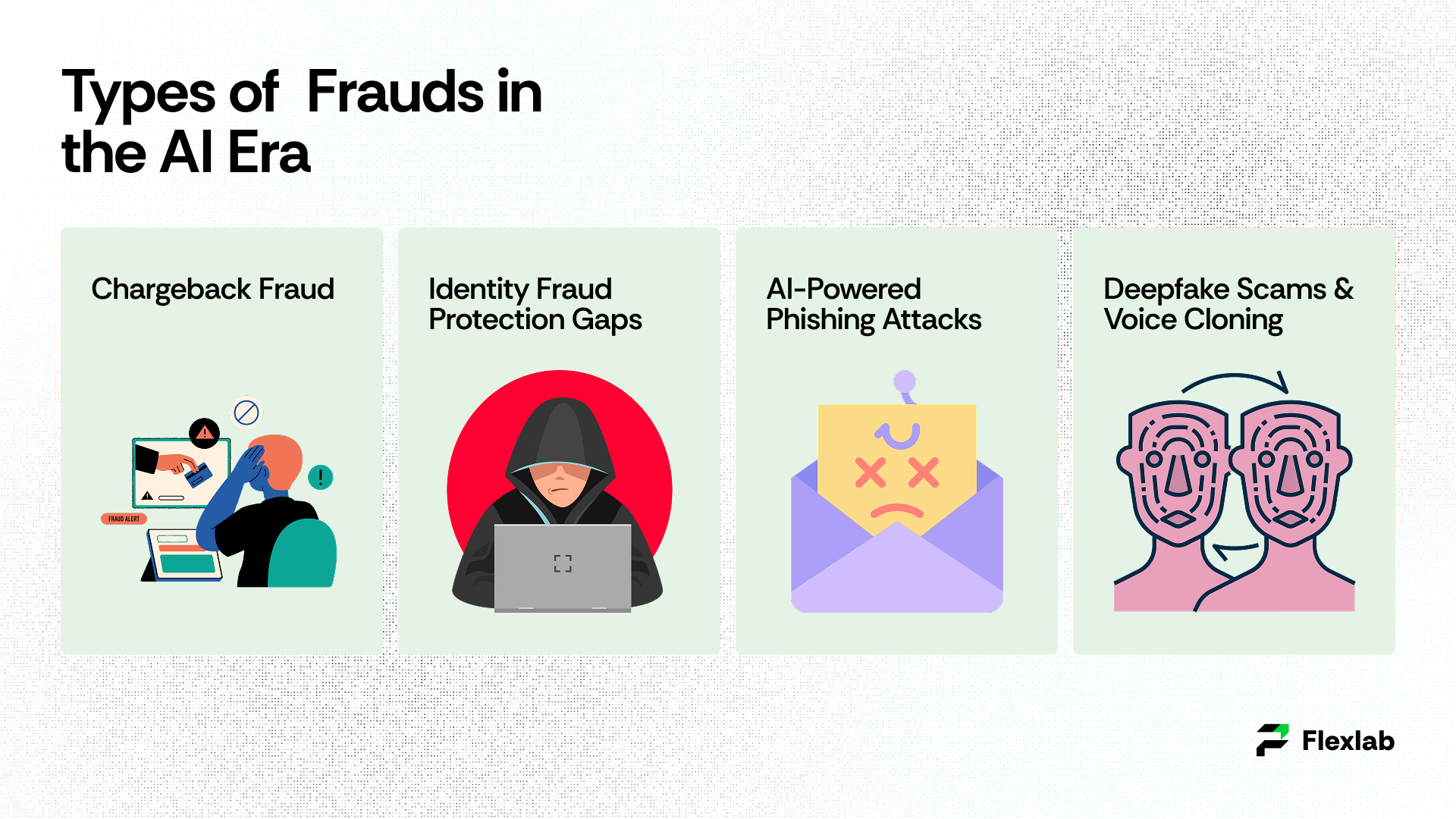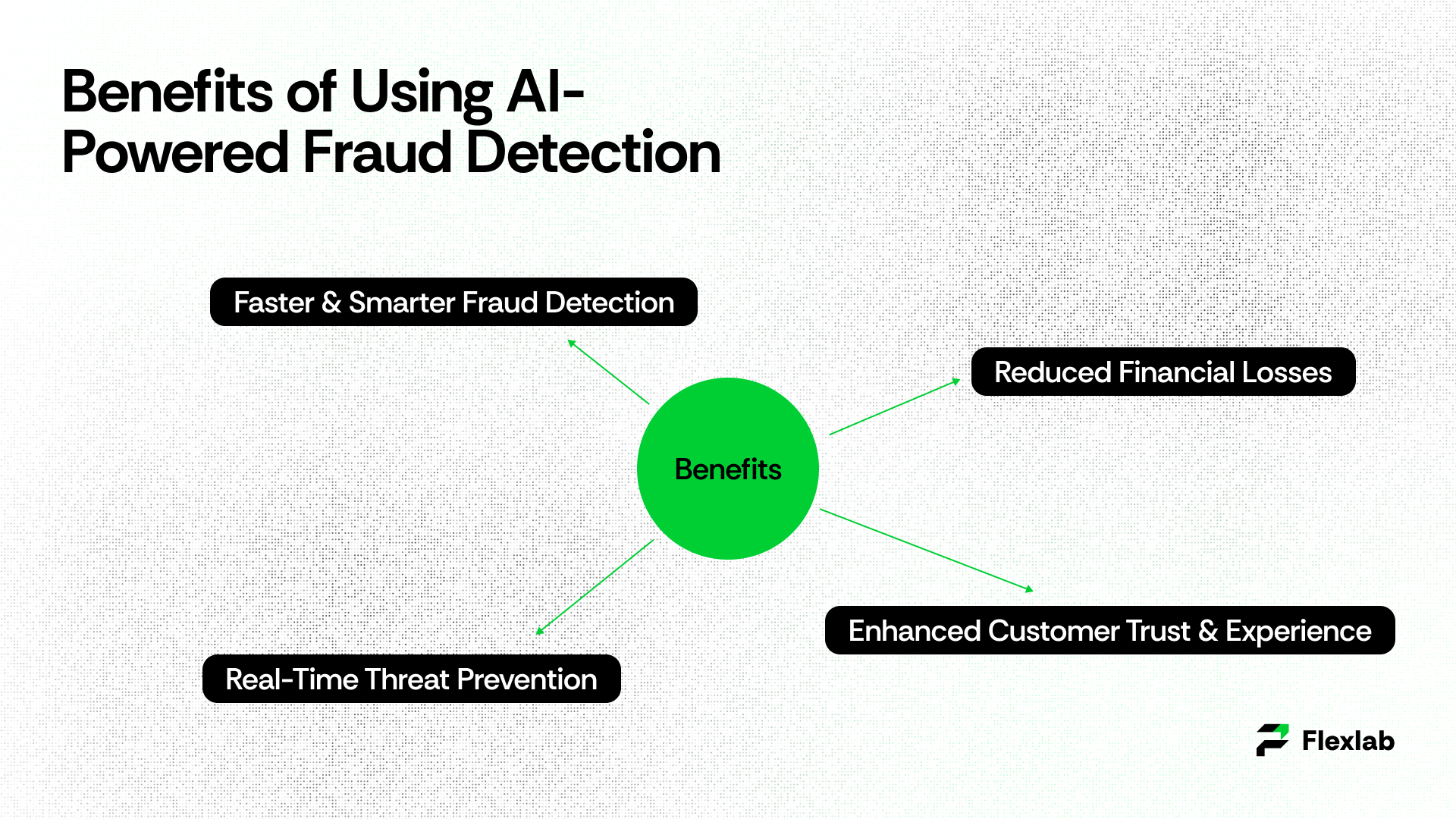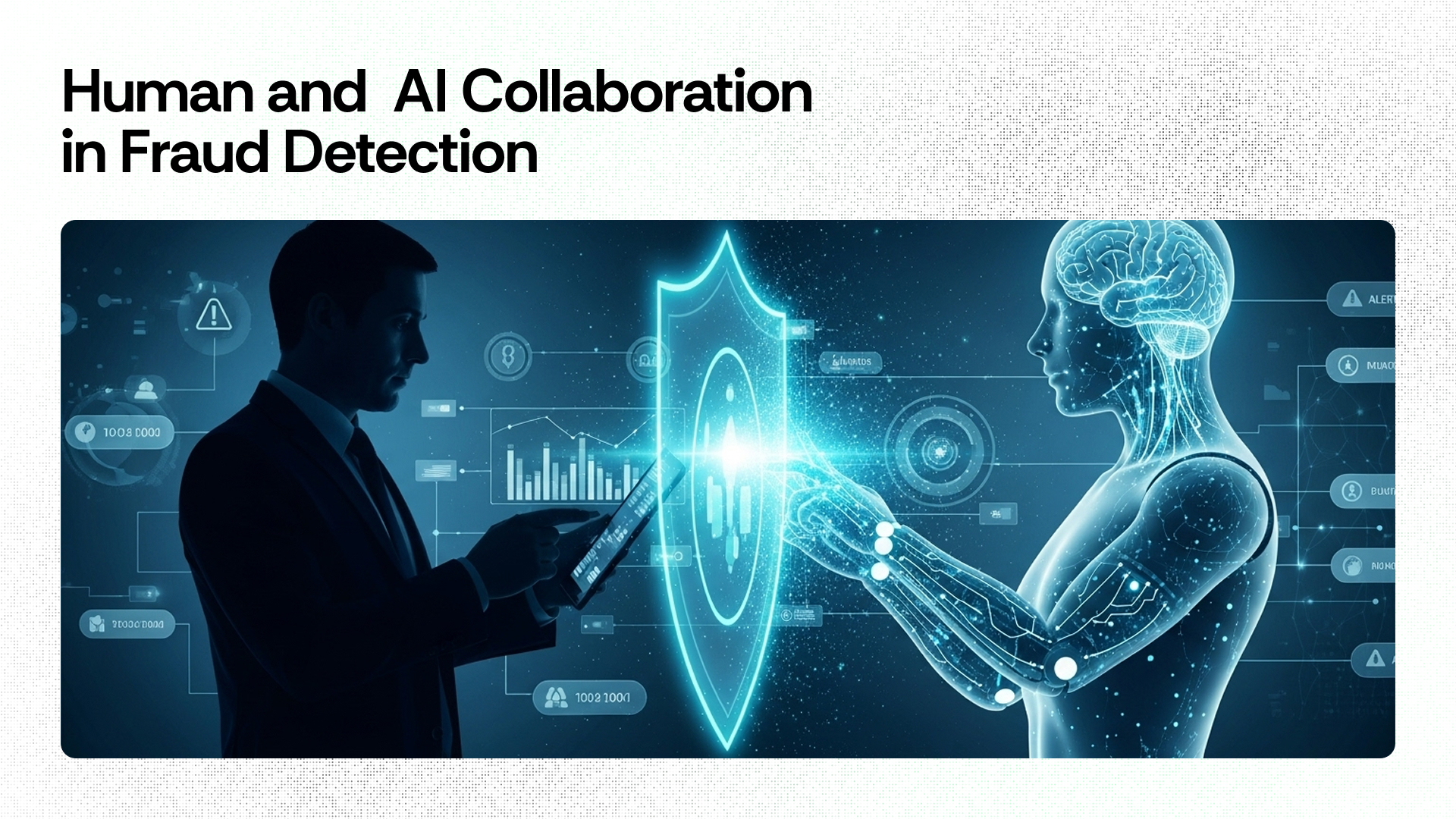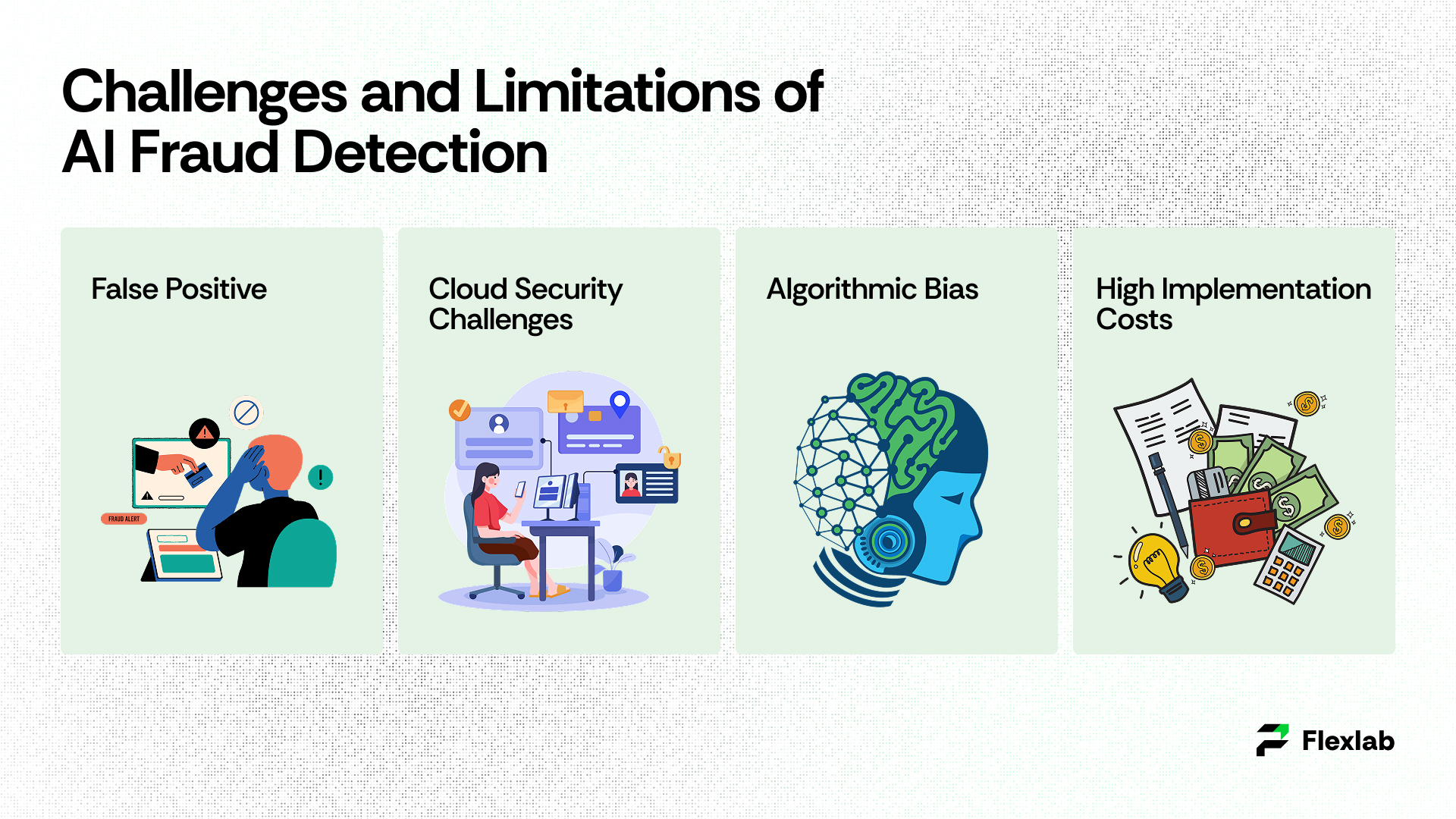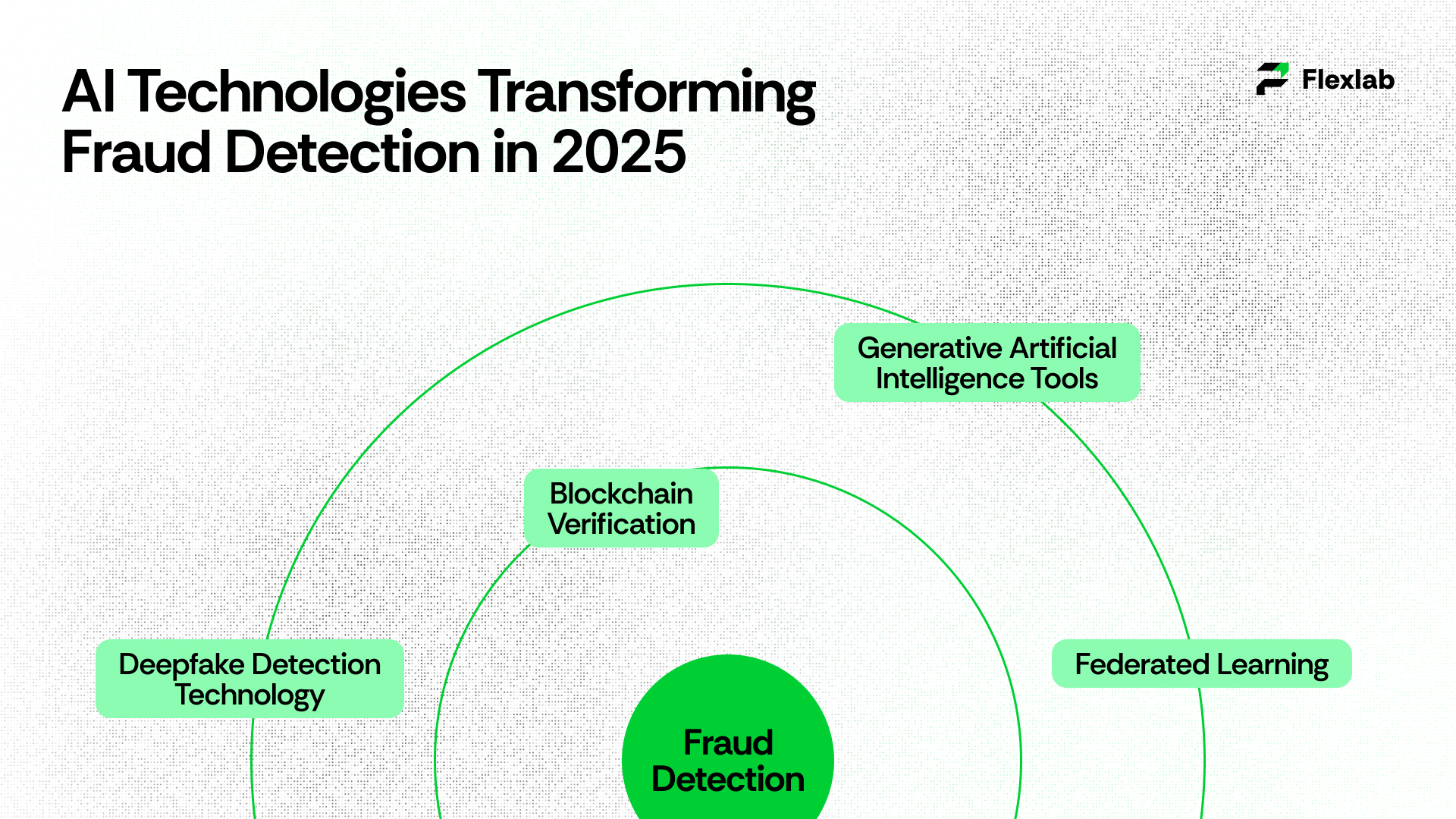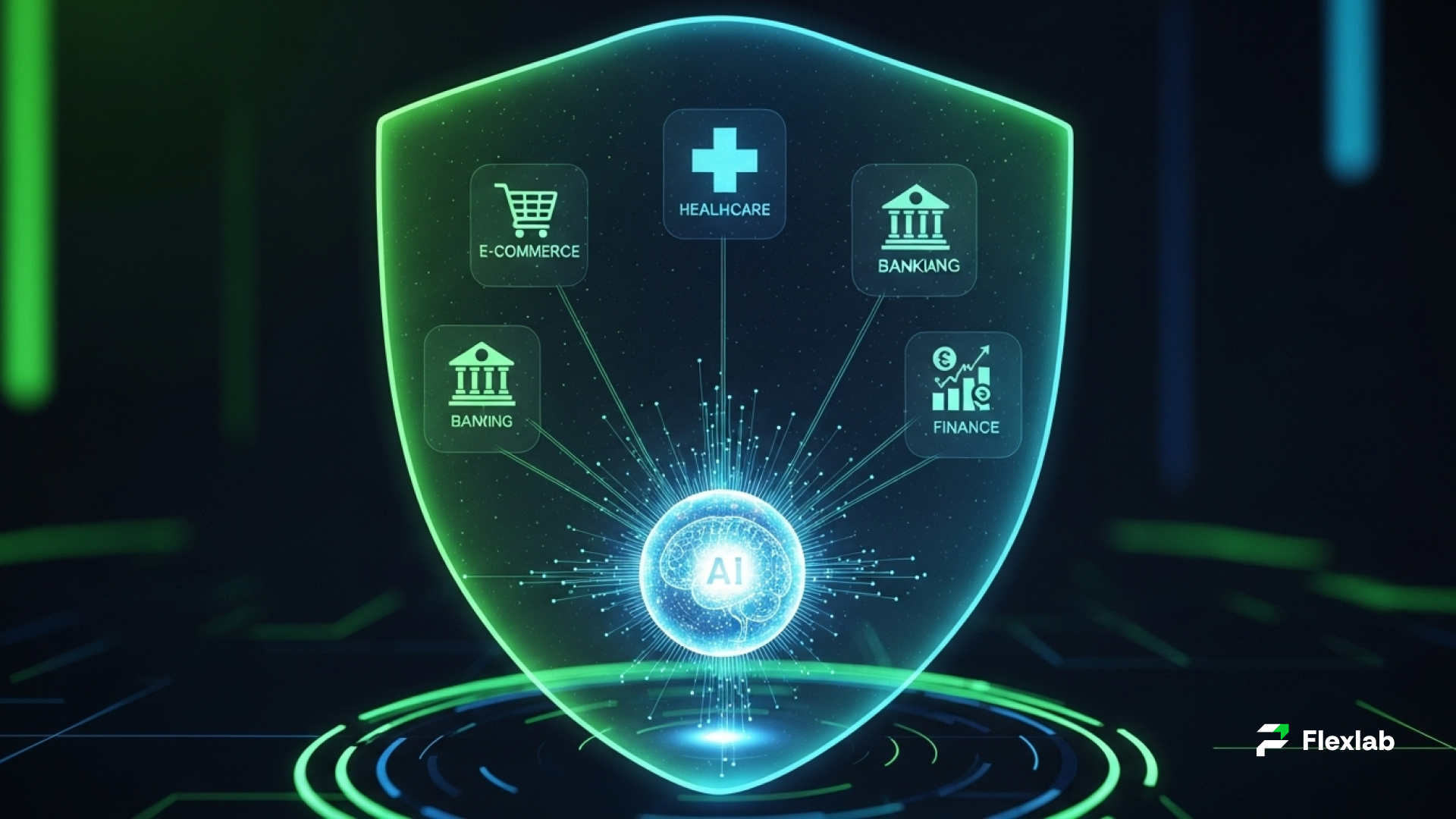10 Key Advantages of Using AI Agents in Enterprise Solutions
AI in Fraud Detection | Web3 Technology | AI Automation Tools
Artificial Intelligence has brought a shift to enterprise software development already; however, the rise of AI agents is taking this digital transformation to a whole new level. Unlike static AI models that operate under predefined conditions, AI agents are dynamic and autonomous systems that can perceive their environment without requiring constant human input. When it comes to enterprise software development, AI agents go beyond simply assisting and supporting developers. They can take on roles like AI-powered coding assistants, testers, project managers, or even system optimizers. This helps open the doors for smart decision-making, a fast software development life cycle, and adaptive enterprise solutions.
This blog will serve as your guide to understanding how AI agents work, their various types, and, above all, the benefits they offer in enterprise software development.
What are AI Agents?
Let’s demystify AI agents for you. AI agents are artificial intelligence-powered applications that make decisions and perform tasks autonomously with minimal human intervention. It is a software program that can interact with its environment, collect information, and utilize that information to execute self-determined tasks and meet goals.
The following are some of the key features of AI agents:
- Smart Task Automation
- Adaptive Problem Solving
- High Operational Efficiency
- Personalized User Experience
- Seamless Scalability
- Predictive Data Insights
Digital agents make informed choices based on existing data and act proactively rather than just reacting to user instructions. Go through our AI Agents guide to have detailed insights into what AI agents are and how they work.
Types of AI Agents
From 2023 to 2025, the AI revolution in businesses has generated exponential growth within the AI agent market. Understanding the nature of autonomous agents helps enterprises have a better grip on what these autonomous agents can do for them. There are broadly three categories of AI agents used in enterprises;
- Reactive Agents
- Deliberative Agents
- Hybrid Agents
-
Reactive AI Agents
Reactive agents, also known as reflex agents, follow classic rule-based systems. These agents are reactive in nature, meaning that they react to stimuli in real-time. They operate on present perceptual inputs, meaning that they lack memory and don’t keep a record of past actions. This approach is commonly used to tackle repetitive tasks. Although reactive agents help make the decision-making process very straightforward, it is often limited. However, they are quick and especially efficient in predictable environments. For example, Netflix’s recommendation engine, which uses machine learning models, is a perfect example of reactive agents. These agents process data collected from viewers’ viewing history, hence suggesting specific shows based on history.
-
Deliberative AI Agents
The second category is named Deliberative agents. These autonomous agents are capable of planning and making decisions based on past experience. Internal state and memory of these agents help them evaluate outcomes and scenarios. For example, virtual personal assistants like Siri or Alexa learn from their past interactions to improve their responses.
-
Hybrid AI Agents
Hybrid agents combine the strengths of both reactive and deliberative agents, creating a high-performing AI agentic model. The hybrid approach integrates immediate responses with strategic planning to glide through unpredictable environments. Autonomous vehicles like Tesla or Waymo rely on LIDAR (Light Detection and Ranging) sensors and radar to analyze and perceive the surroundings.
Top 10 Benefits of AI Agents
AI agents are not just theoretical; they are already offering impactful benefits in various departments across the enterprise. Here are some of the benefits of AI agents in Enterprise software development;
- Project Management and Workflow Automation
- Customer Support Automation
- Streamline Supply Chain Management
- Adaptive Security and Threat Detection
- Cost Efficiency through AI Automation
- Enhanced Employee Productivity
- Scalability and Resource Optimization
- Seamless Integration Across Systems
- Enhanced Decision-Making with Predictive Analytics
- Autonomous Coding and Development Support
1. Project Management and Workflow Automation
Enterprise development projects involve multiple teams, tools, and processes. Intelligent systems can work as virtual project managers to help automate your workflows in an enterprise. Virtual agents help with data management by task allocation based on developer skill sets. AI bots help monitor project timelines, detect loopholes, and prioritize tasks accordingly as business dynamics shift.
By analyzing team performance and data history, autonomous agents help provide impactful and actionable insights to keep track of projects. Resultantly, it leads to the creation of agile development environments where users can adapt quickly without compromising productivity.
2. Customer Support Automation
AI agents are transforming customer support in enterprises by offering quick, accurate, and personalized responses to client queries. By integrating AI with communication tools, AI agents make sure that clients get instant assistance around the clock. This AI automation helps minimize wait times, resolves repetitive inquiries, and rescues human intervention to handle complex issues. Using advanced customer engagement models, artificial intelligence agents can analyze customer behavior, anticipate customer needs, and provide tailored solutions to improve customer experience. Through interactions, intelligent bots can also detect sentiments, helping businesses refine their support strategies. These intelligent agentic programs are capable of answering product or service-related queries within minutes, if not seconds. Additionally, agentic AI helps provide consistent service quality across the network, ensuring seamless engagement through various social media platforms. Ultimately, AI bots enable enterprises to foster stronger customer relationships while enhancing satisfaction and loyalty.
For example, WhatsApp Business API is a magnetic way to engage and convert customers through smart agents. With an open rate of 98% (compared to 20% for emails), clients are more likely to see and click your message when approached through their preferred channel.
3. Streamline Supply Chain Management
Recently, AI agents have given a new makeover to how enterprises manage their operations. These intelligent systems can help you achieve an almost error-free supply chain with profitable outcomes and raging performance. They help improve operational efficiency by providing up-to-date insights into supply chain logistics, inventory levels, and demand forecasts. If implemented rightly, digital agents can help track shipments in real-time, guaranteeing smooth delivery from manufacturers to suppliers to customers. With their ability to predict insights, they help detect possible delays and suggest quick solutions to resolve them. Furthermore, cognitive agents, with their ability to adapt and agile nature, ensure that businesses stay ahead in competition and adapt to sudden market shifts. In the end, intelligent agents help enterprises transform supply chain logistics into a smarter, faster, and more reliable system.
4. Adaptive Security and Threat Detection
In this constantly evolving digital era, every enterprise comes across various cybersecurity threats, and static systems often fall short. AI agents help enhance enterprise security by monitoring network and application behavior for potential vulnerabilities. AI threat detection involves learning from threat intelligence databases to detect emerging risks. Their ability to respond to minor incidents automatically without human interference significantly helps enterprises implement the right security measures. This advanced fraud detection allows organizations to implement stronger risk management practices before the escalation of risk. AI assistants also suggest impactful risk mitigation strategies to minimize downtime and prevent financial losses associated with data breaches. By combining accuracy and adaptability, intelligent bots revolutionize businesses by taking adaptive security measures as the digital space continuously evolves. Because adaptive agents operate continuously, they can serve as proactive security guards for an enterprise’s IT environment.
Have a look at our blog: How to Perform Cybersecurity Risk Assessment, to understand how you can secure your digital space.
5. Cost Efficiency Through AI Automation
Overrunning cost is one of the most common issues in enterprise software projects. AI-powered agents help minimize operational costs by eliminating the insufficiencies and errors of manual processing and cross-functional collaborations. Moreover, intelligent agents help reduce costs by automating workflows and lowering wasted resources. AI assistants help automate development and testing, therefore, reducing reliance on large teams. AI agents’ ability to make predictive analysis helps enterprises prevent costly system failures. With the help of smart agents, enterprises not only cut on development costs but also on operational expenses. As a result, Enterprises can effortlessly execute complex tasks since cognitive agents operate on a consistent model that adapts to changing scenarios. According to research, virtual agents can manage about 80% of customer service interactions, minimizing operational costs by 30%.
6. Enhanced Employee Productivity
AI agents significantly enhance employee productivity in enterprise software development by automating complex and time-consuming tasks. Through AI code generation, they help detect bugs and operational insufficiencies, thus reducing manual workload for developers. Data collection, report generation, and other such repetitive tasks consume a lot of human effort and time. Furthermore, by analyzing project information, these agentic AI tools help enterprises prioritize tasks and streamline workflows. This guarantees faster deliveries without quality compromise. With fewer bottlenecks and seamless collaborations, employees can focus on innovation and make informed decisions. Resultantly, AI-driven assistants are capable of creating an efficient and supportive environment that improves employee productivity and maximizes project success.
Needless to say, AI tools not only enhance their productivity but also save their time and boost job satisfaction by sharing mundane workloads. As per a Cornell University study, Employees using digital agents to automate tasks show a 15% boost in their productivity.
7. Scalability and Resource Optimization
As businesses grow, enterprise software must also scale to meet rising needs. AI-driven agents ensure that enterprise Apps remain functional and stable, even after sudden demand surges, without constant manual oversight. Further, smart agents help enterprises manage scalability by predicting peak usage times and adjusting resources automatically. In addition to this, on business expansion, there are no delays or additional costs to increase the AI agents’ workforce. AI agents help with scalability by balancing workloads across the systems dynamically. In 2025, 85% of enterprises have adopted AI agents in their business operations to manage scalability.
8. Seamless Integration Across Systems
Enterprises rely on multiple platforms such as CRM, ERP, HR systems, and personalized applications. It often gets challenging to integrate them. AI agents streamline the integration process by collecting, mapping, and synchronizing data across platforms. They also help detect vulnerabilities and inconsistencies, and resolve conflicts automatically. Additionally, AI agents assist enterprises in coordinating workflows across various applications. According to a report by McKinsey, AI agents can improve overall enterprise productivity up to 40% when integrated across systems. Therefore, integration of AI-driven assistants leads to more unified digital ecosystems, where enterprise systems communicate effectively without extensive manual effort.
9. Enhanced Decision-Making with Predictive Analytics
Enterprise software development often requires complex decisions about architecture, features, and resource allocation. On top of that, marketing is where enterprises need extensive research about the likes and dislikes of their targeted audience. AI agents help companies make informed decisions by analyzing heaps of data from project repositories and client feedback. This data analysis helps uncover client behavior patterns, thus predicting the outcomes based on real-time analytics. Also, this predictive analysis of AI agents allows recommendations about different design choices. This enables managers and developers to make informed choices based on predictive analytics of digital agents. As per Zendesk, AI will soon be involved in some form in 100% of customer interactions.
10. Autonomous Coding and Development Support
Lastly, AI agents’ ability to write, review, and optimize code is one of their most noticeable benefits. In contrast to conventional AI tools that only suggest code snippets, AI agents help generate entire functions based on requirements. Their agile nature helps enterprises by debugging errors through past pattern analysis. Further, adaptive agents are capable of learning from existing codebases to align with enterprise project standards. AI agents’ ability to code autonomously helps streamline the entire software development life cycle. Moreover, the integration of AI in software development allows employees to focus on innovation, ensuring enterprises build scalable and efficient applications with great speed.
According to an experiment by Infosys, AI agents improved database code generation, microservice generation, and user interface code by 80-90%, 60-70% and up to 60% respectively.
The Future of AI Agents
The future of AI agents in terms of enterprise development looks really bright. The agent market is expected to reach USD 47.1 billion by 2030, with advancements in machine learning, natural language processing, and much more. Looking ahead, AI agents are ready to become integral team members when it comes to enterprise software development. Furthermore, with the advancement in AI Agents, we might see;
- Autonomous Handling of Entire Workloads
- Collaboration of AI Agents with Each Other
- More Ethical and Transparent AI Systems
The AI agents will reshape not just how software is built, but how enterprises operate as a whole.
Transform Your Enterprise with Flexlab
At Flexlab, we integrate the power of AI and machine learning to help enterprises build faster, smarter, and cost-effective software solutions. Our team of experts articulates AI systems that help cut costs, streamline workflows, and maximize business impact. This way, Flexlab helps empower enterprises to stay ahead in a competitive digital landscape. Whether it’s AI automation, predictive analytics, or custom AI integrations, Flexlab delivers scalable solutions tailored to your needs. Partner with us to unlock innovation, drive growth, and achieve measurable results with confidence. Have a look at our portfolio or visit our website before making your decision. Contact us to have your enterprise software development sorted. Visit our blog page to have detailed insights into different topics.
Call us now: +1(456)723-1954
Reach out today: info@flexlab.io
Final Thoughts on AI Agents
AI agents represent an advancement and a leap forward in enterprise software development. By automating workflows, handling customer care, system optimization, and security, they help enterprises to achieve unprecedented results.
The top 10 benefits– from cost-efficiency and improved decision-making to autonomous customer support and improved productivity– show that AI agents are more than just regular tools. They are collaborative partners that enhance human efforts to achieve maximum business impact. Enterprises that embrace AI assistants today are laying the foundation for a future where autonomous, intelligent systems work seamlessly alongside human teams.
Discover More:
- What are Multi-Agent Systems: Guide to Enterprise Automation
- AI vs Automation: Decoding the Differences for Business Success
- Blockchain App Development: The Complete Guide for Businesses
[sc_fs_multi_faq headline-0=”h2″ question-0=”What is the difference between AI and AI agents?” answer-0=”AI models are capable of analyzing datasets and making predictions based on that analysis. However, adaptive agents are capable of bringing autonomy, adaptability, and scalability to business operations. Moreover, AI is a major field focused on creating systems that can perform tasks requiring human-like intelligence. Whereas AI-powered agents are specific implementations of AI that intelligently perceive their environment, make decisions, and take actions accordingly.” image-0=”” headline-1=”h2″ question-1=”Can AI agents replace software developers?” answer-1=”AI agents can assist software developers by handling repetitive tasks, generating code snippets, and debugging. However, they currently lack the creative abilities, context awareness, and complex problem-solving skills required for software development. Therefore, digital agents can enhance or complement human efforts rather than replace them. ” image-1=”” headline-2=”h2″ question-2=”What are the limitations of AI agents?” answer-2=”AI agents often struggle with understanding complex, real-world contexts. In addition to this, their performance depends on the quality and completeness of the data they are trained on. Also, smart agents are unable to make innovative, ethical, strategic, or subjective decisions like humans. ” image-2=”” count=”3″ html=”true” css_class=””]
